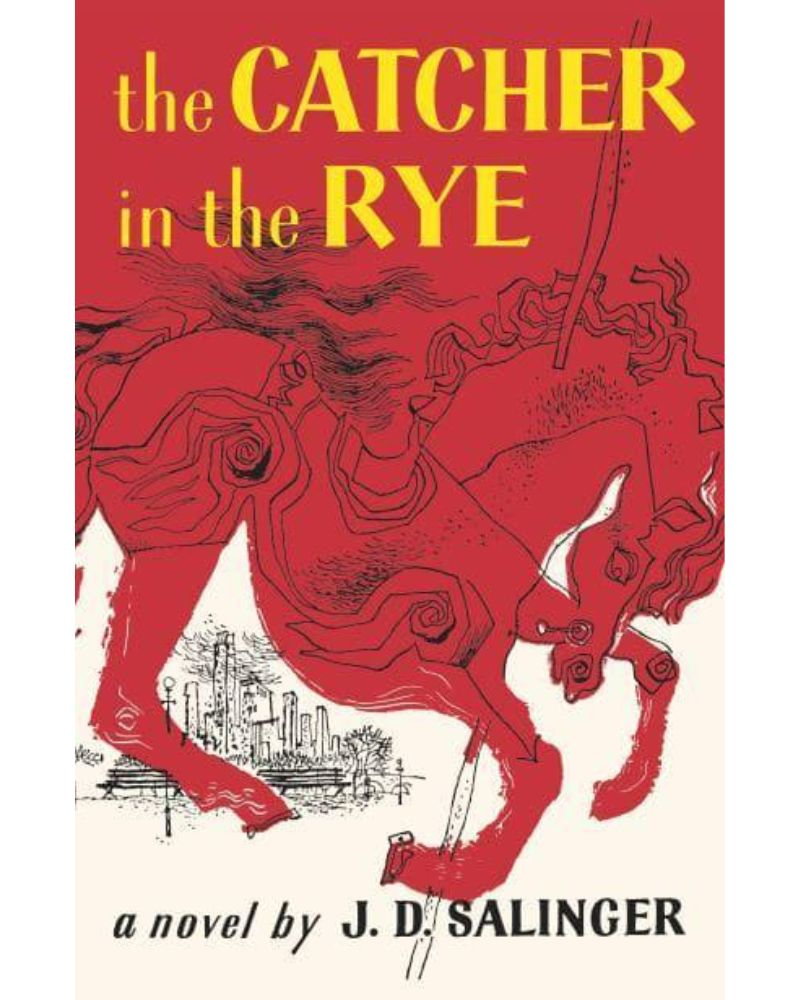The best closing lines from books - from poignant final passages to chilling closing sentences
These brilliant closing lines will stay with you long after you put the book down

"First sentences are doors to worlds," author Ursula K. Le Guin famously said. And while this may be true, it's the final lines that often stay with us long after we've finished reading.
Some of the best final lines are disruptive, like cannons suddenly firing one last expletive before leaving us with silence. Great final lines will sometimes leave us cursing the author, and other times make us close the book with a deep sense of satisfaction that everything has been neatly packaged up. While some authors will throw readers off with a discerning change of tone or curveball, others use the final passage to reflect on the events of the book, often with a nod to the future.
There’s no formula for a brilliant closing line, but these are the final passages that will remain forever ingrained in our memory.
The best closing lines from books
The Great Gatsby, F. Scott Fitzgerald
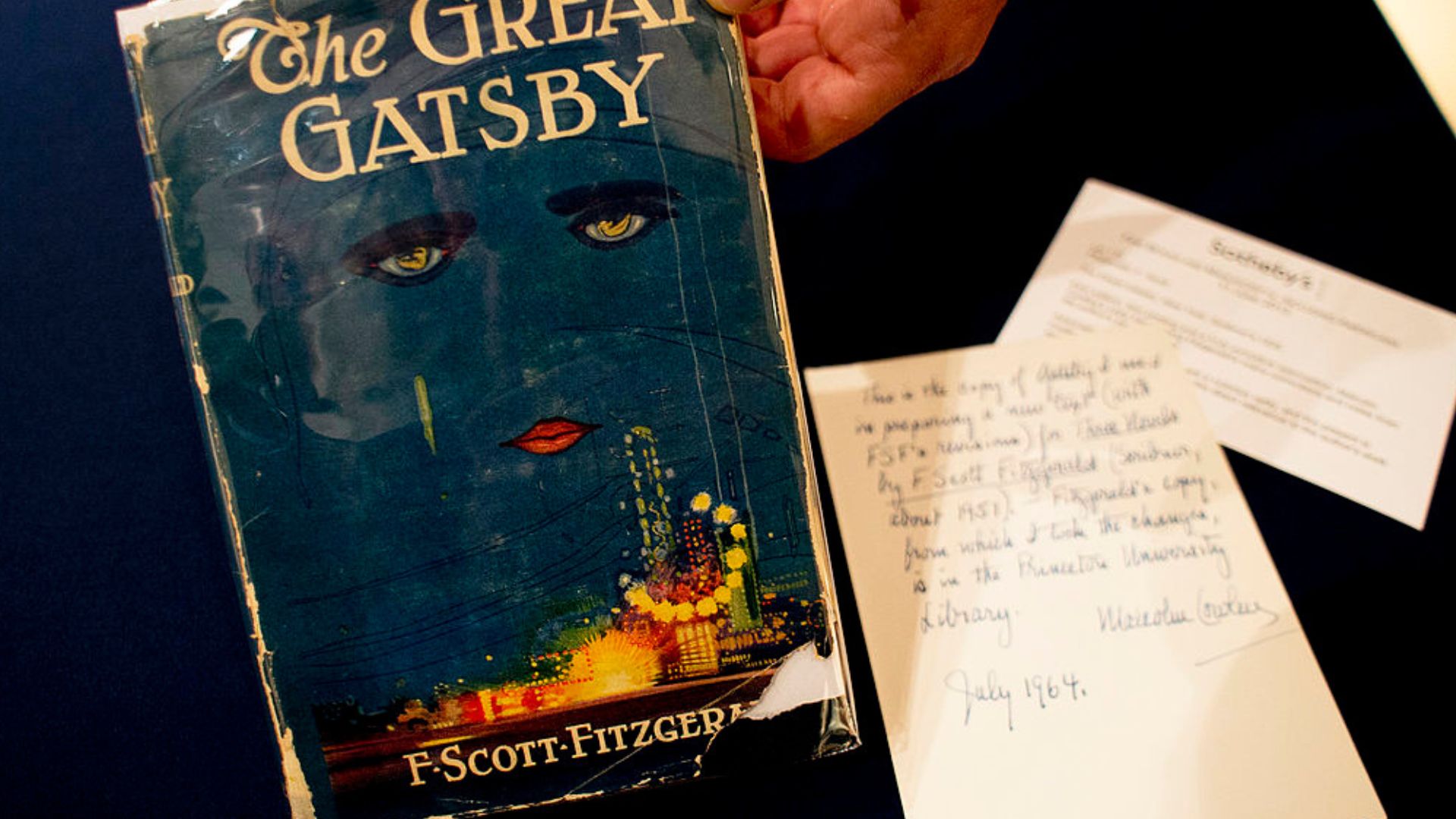
"So we beat on, boats against the current, borne back ceaselessly into the past."
It would be remiss not to include the famous closing lines from The Great Gatsby, Fitzgerald’s 1925 masterpiece, set in Jazz Age New York. Centred on the self-made millionaire, Jay Gatsby and his pursuit of Daisy Buchanan, a rich, old-money socialite, the novel is widely perceived as an indictment of the American Dream, with the poetic final lines succinctly summarising the impossibility of ever achieving it through hard work alone.
Shop must-read classics...
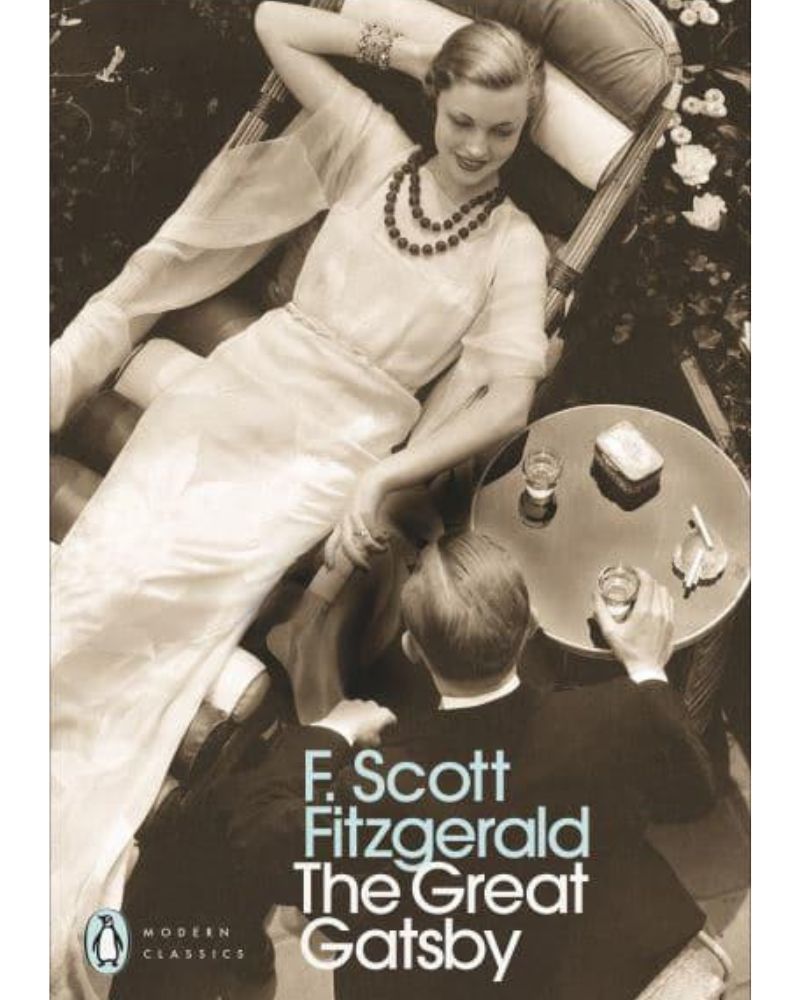
The Great Gatsby frequently tops lists of the best fiction books and is often seen as the ultimate American novel.
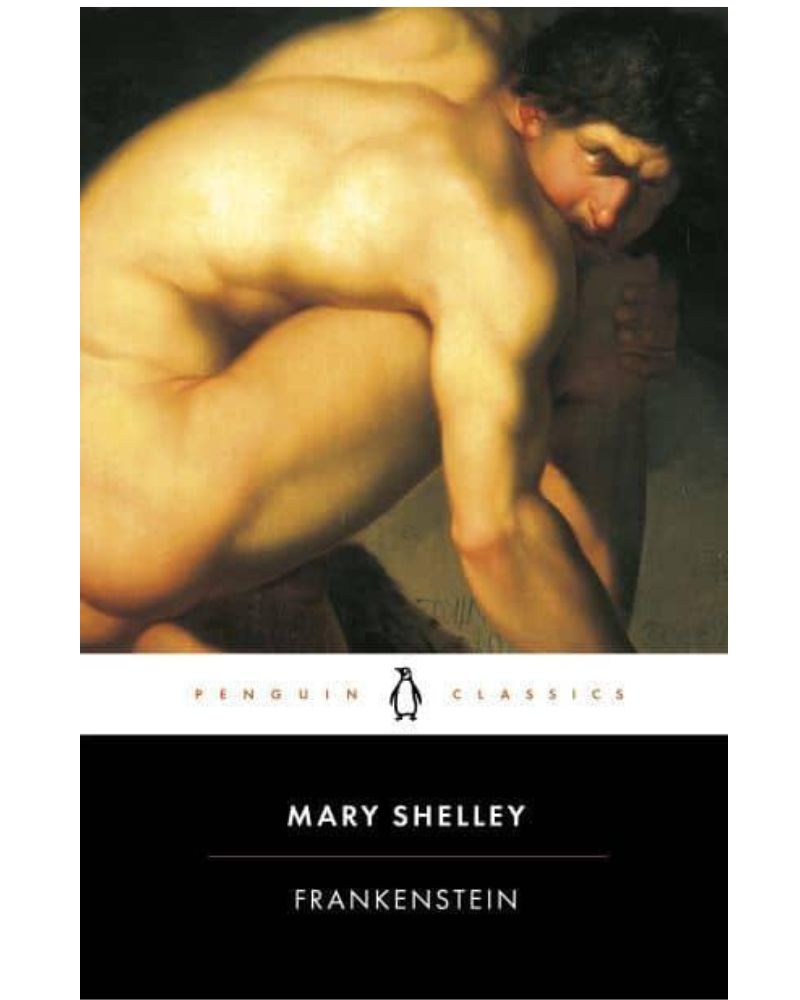
Frankenstein is widely considered to be the first science fiction book and was written by Mary Shelley when she was just 19. The gothic novel has since been widely adapted in film and popular culture but nothing quite matches up to the original book.
1984, George Orwell
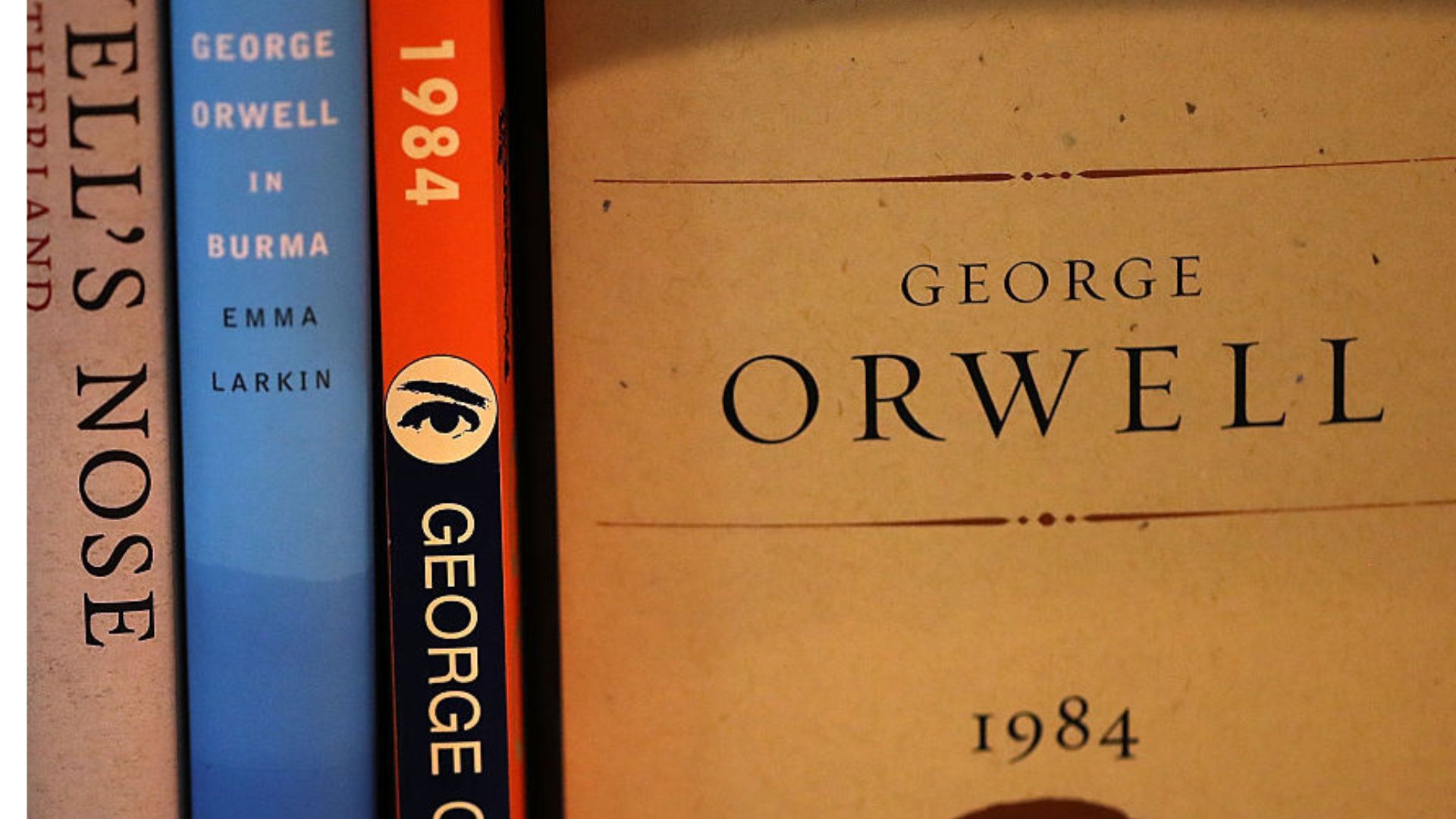
"He loved Big Brother."
Sign up for the woman&home newsletter
Sign up to our free daily email for the latest royal and entertainment news, interesting opinion, expert advice on styling and beauty trends, and no-nonsense guides to the health and wellness questions you want answered.
George Orwell's 1949 dystopian novel ends with protagonist Winston Smith surrendering to Big Brother - an inevitable fate for a broken character - but heartbreaking and chilling all the same.
The Catcher in the Rye, J.D. Salinger
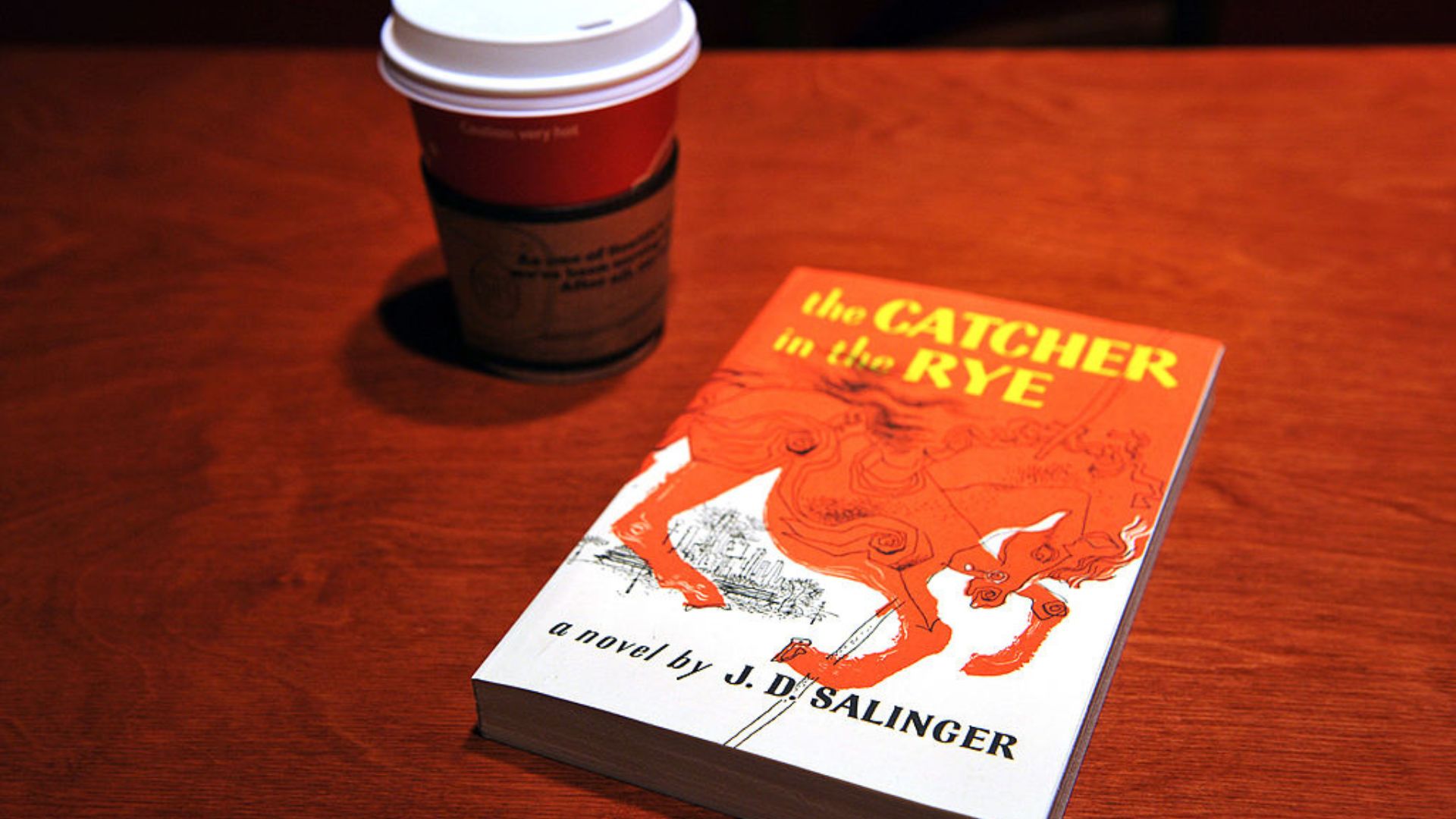
"It's funny. Don't ever tell anybody anything. If you do, you start missing everybody."
Who hasn't been caught off-guard by profound moments of missing someone, even if you never realised you enjoyed their company at the time? J.D. Salinger's 1951 coming-of-age classic ends on an ambiguous but thematically relevant note, reflecting the novel's themes of teenage angst, alienation and identity.
To the Lighthouse, Virginia Woolf
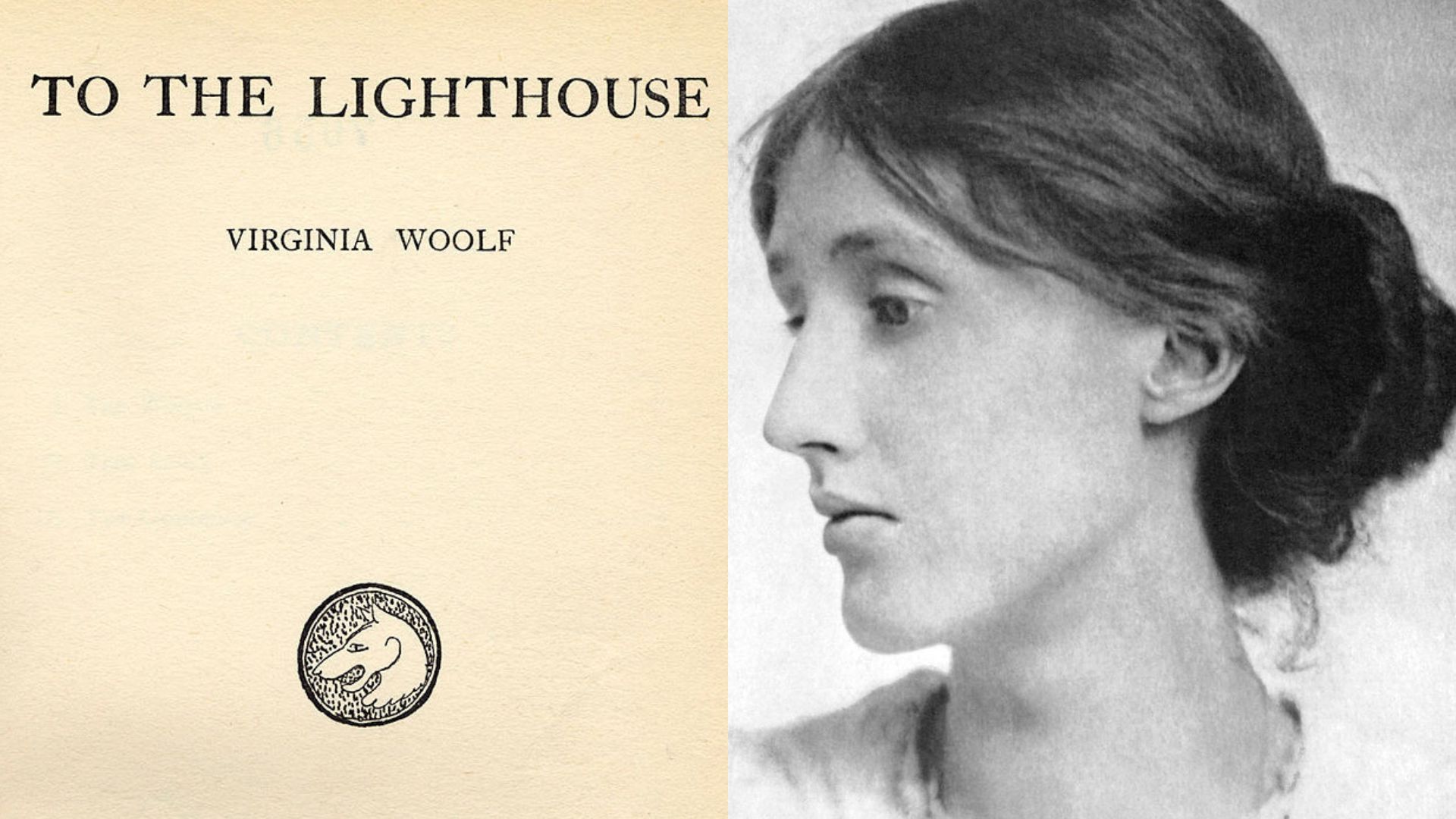
"Yes, she thought, laying down her brush in extreme fatigue, I have had my vision."
In a brilliant closing sentence that hardly needs any context to be understood, this closing line comes after protagonist Lily finally completes her painting following an epiphanic moment that also reflects on the novel's larger themes including time and subjectivity.
Post Office, Charles Bukowski
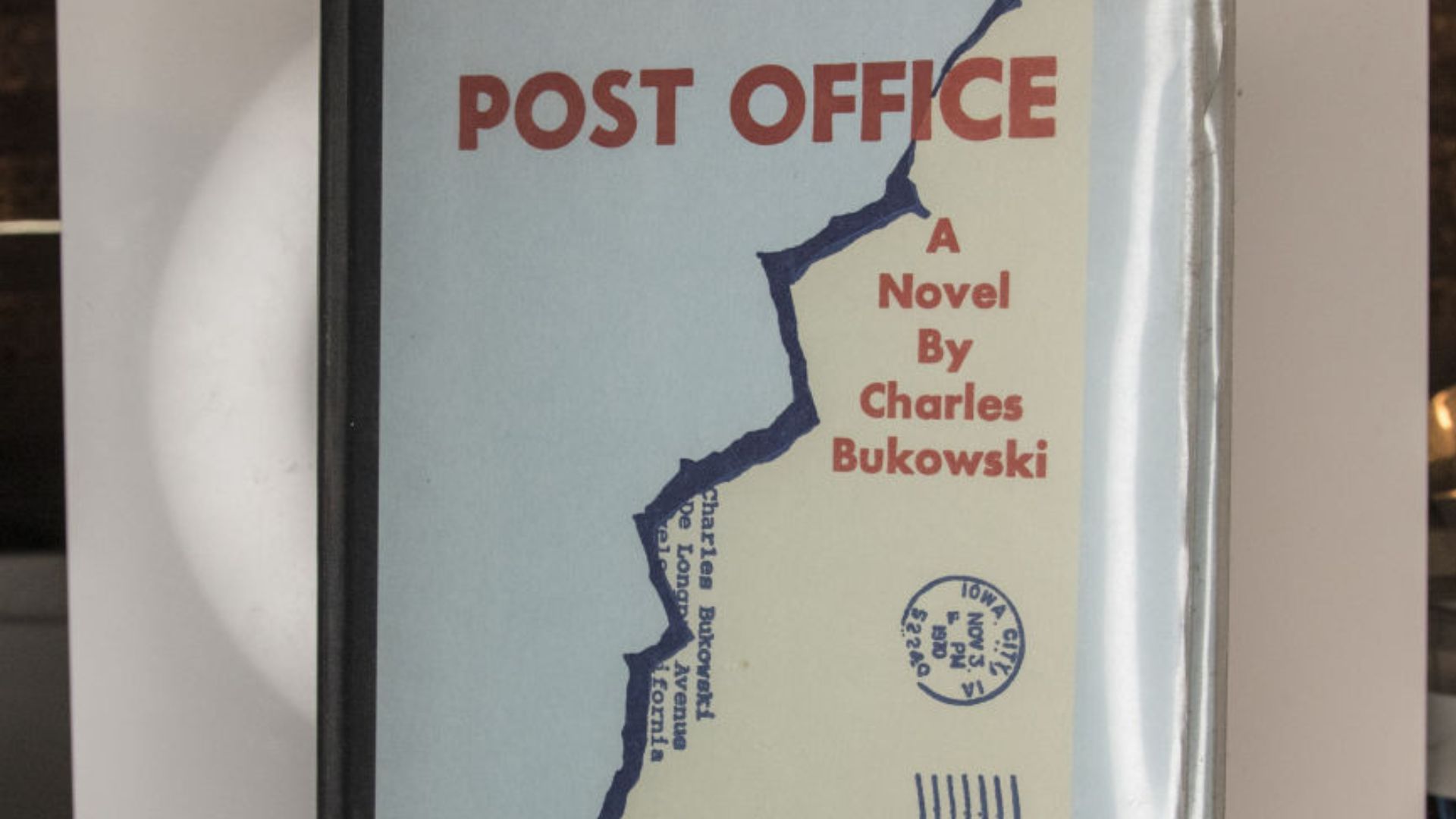
“In the morning it was morning and I was still alive.
Maybe I’ll write a novel, I thought
And then I did.”
A punchy ending to Bukowski's semiautobiographical novel that he reportedly penned in one month, loosely based on his own experience working in the postal service from 1958-1970.
Animal Farm, George Orwell
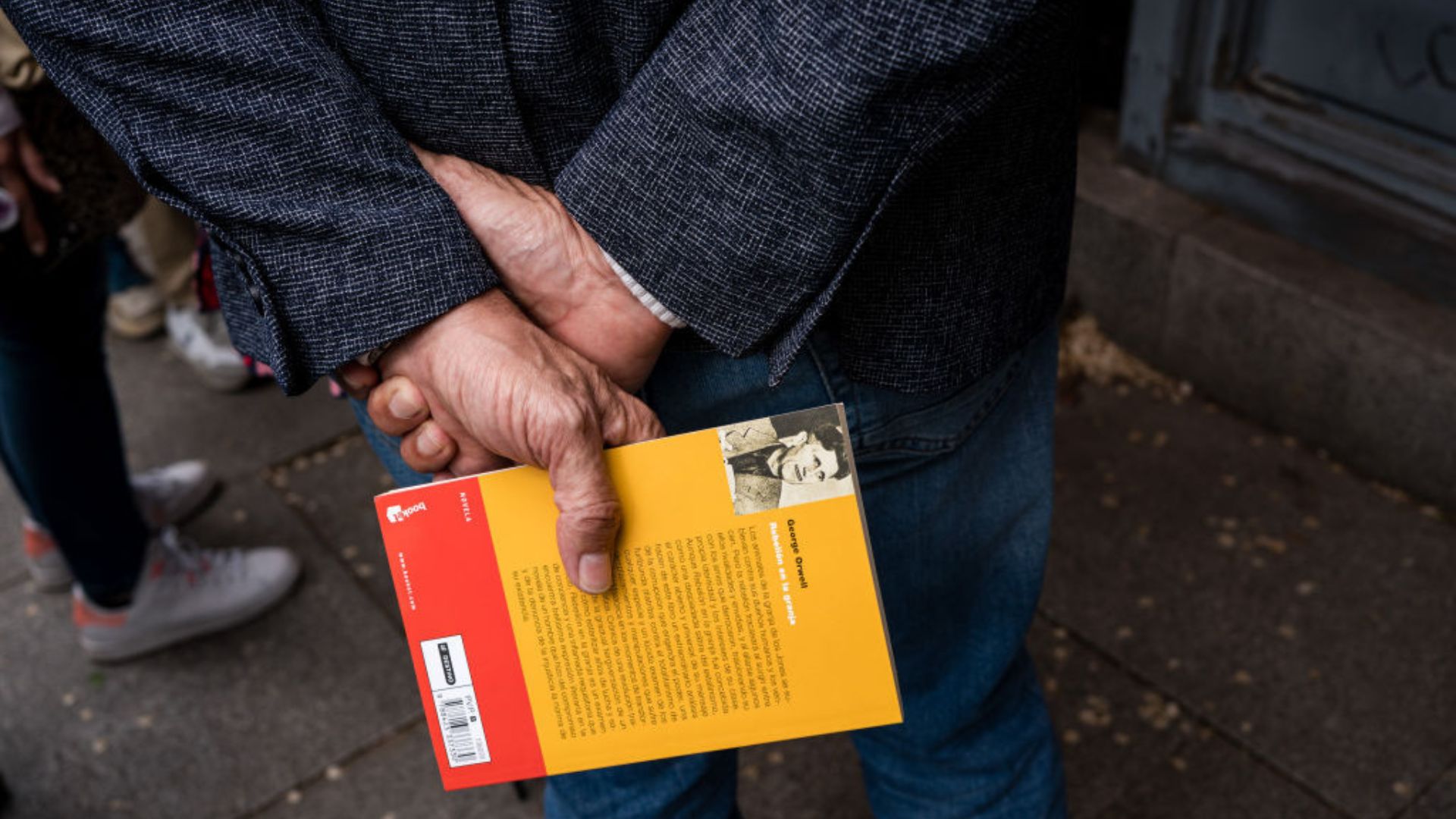
"The creatures outside looked from pig to man, and from man to pig, and from pig to man again; but already it was impossible to say which was which."
A powerful commentary on the corrupting nature of power, the closing lines of Orwell’s 1945 novel Animal Farm depict the revolutionaries (the pigs) becoming as cruel as the humans they initially sought to overthrow.
The Sun Also Rises, Ernest Hemingway
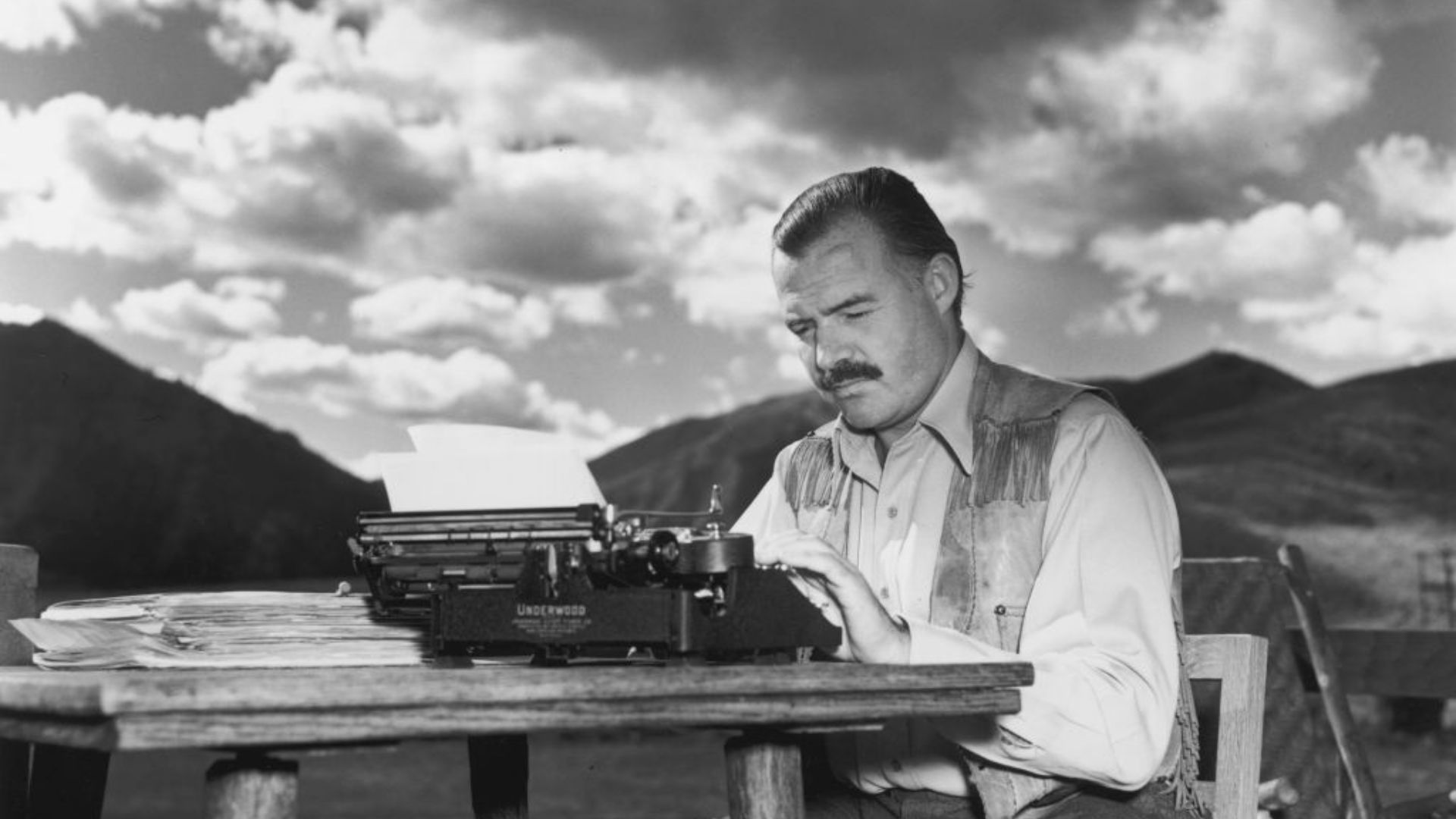
"Oh Jake," Brett said, "We could have had such a damned good time together." Ahead was a mounted policeman in khaki directing traffic. He raised his baton. The car slowed suddenly, pressing Brett against me. Yes," I said. "Isn't it pretty to think so?"
A crushing final passage from one of the best books about unattainable love, Jake's poetic final remark "Isn't it pretty to think so" captures his cynical but grounded realisation that he and Brett would never have made it work, no matter the circumstance.
Sister Carrie, Theodore Dreiser
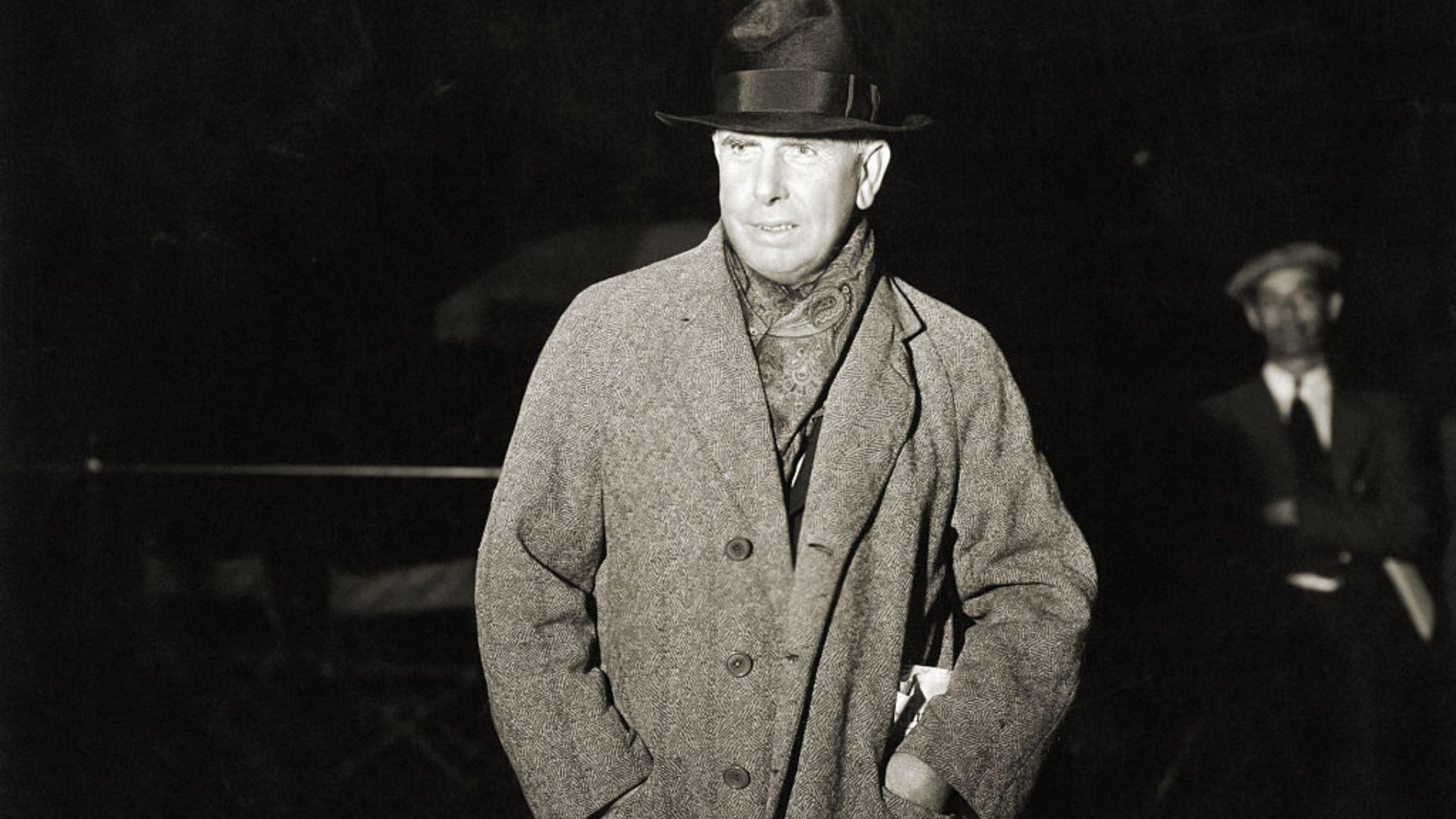
"In your rocking-chair, by your window dreaming, shall you long, alone. In your rocking-chair, by your window, shall you dream such happiness as you may never feel."
Ever a realist, Dreiser's 1900 novel, Carrie, ends with its protagonist achieving everything she wanted but still missing that indefinable thing that could make her happy.
Gone with the Wind, Margaret Mitchell
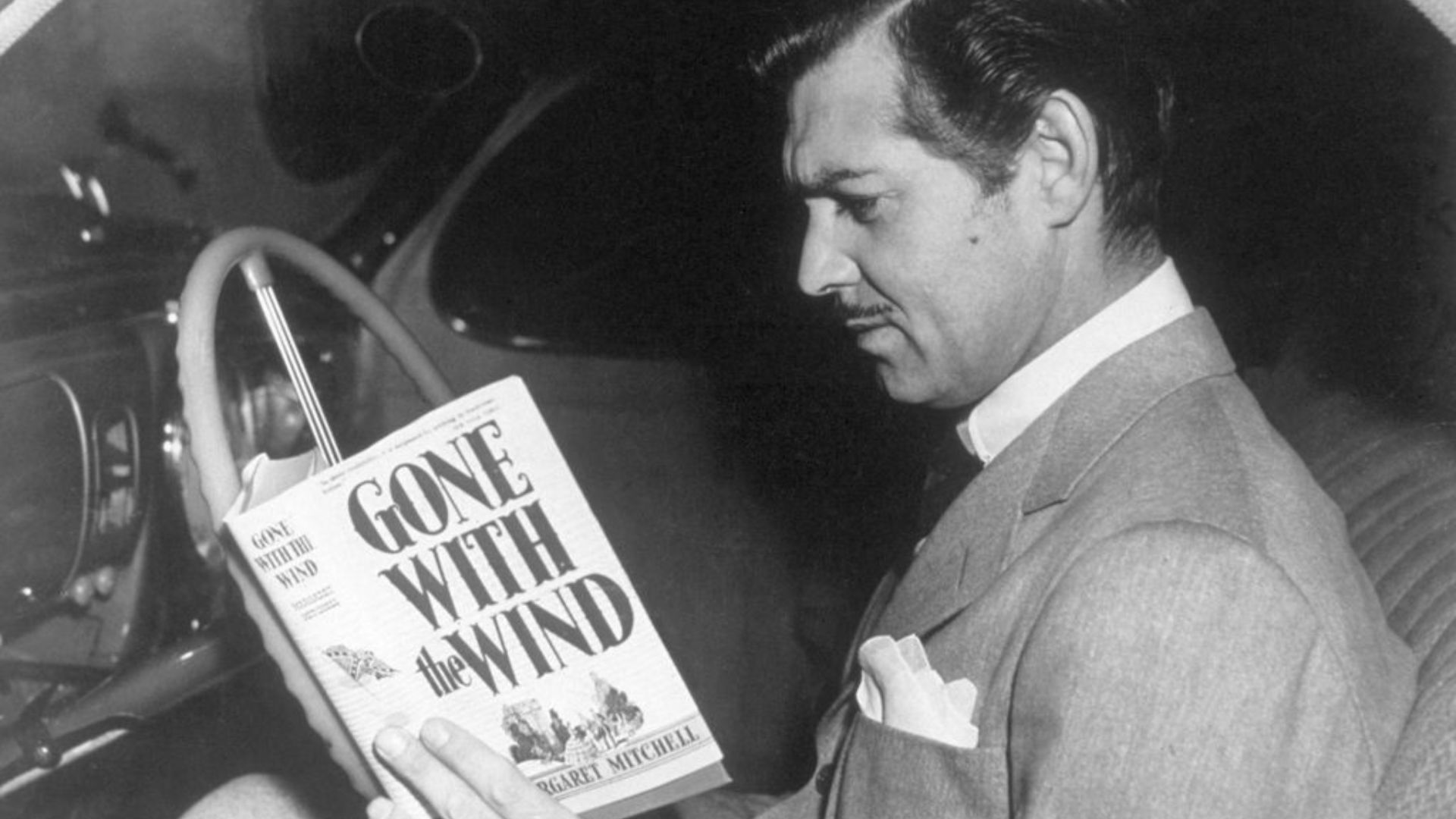
"Tomorrow, I’ll think of some way to get him back. After all, tomorrow is another day."
An iconic phrase to live by, the final lines uttered by protagonist Scarlett O'Hara are both hopeful and heartbreaking.
A Tale of Two Cities, Charles Dickens
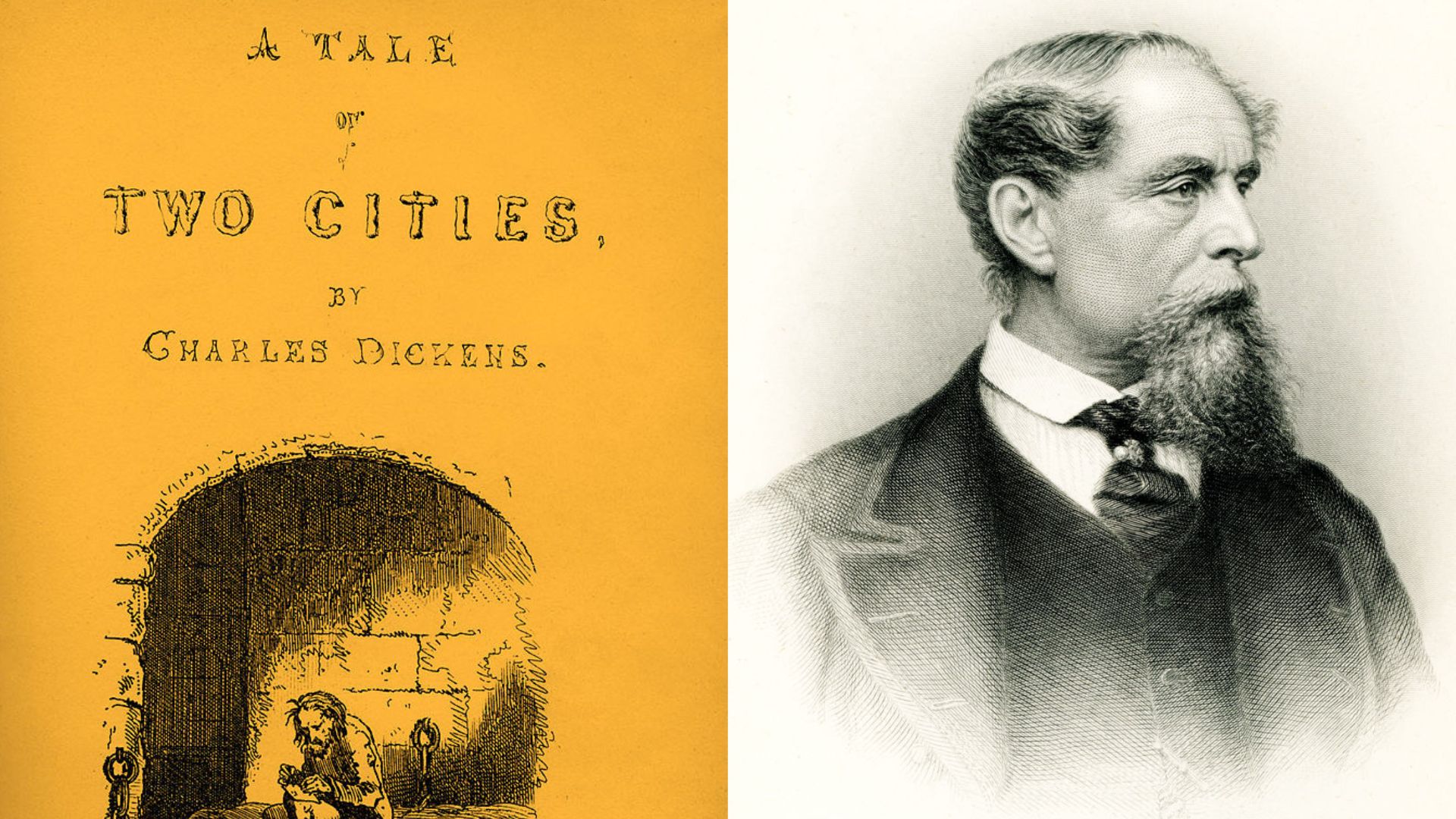
"It is a far, far better thing that I do, than I have ever done; it is a far, far better rest that I go to than I have ever known."
Set in the late eighteenth century during the French Revolution, Dickens’ 1859 novel, A Tale of Two Cities, ends on a tragic note as Dickens imagines the protagonist’s final speech as he’s being led to the guillotine.
Beloved, Toni Morrison
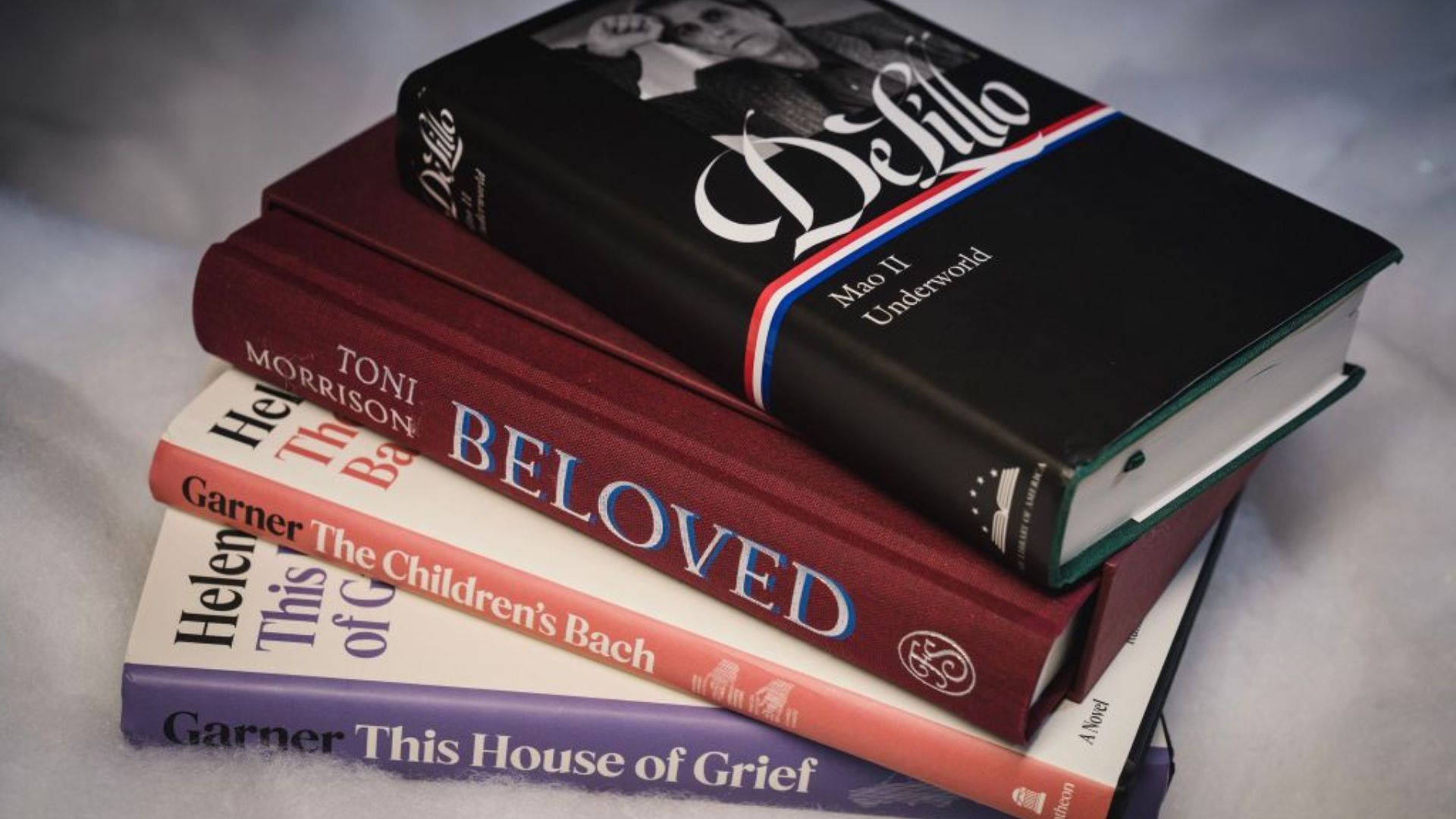
"Beloved."
The closing line of Toni Morrison's Pulitzer Prize-winning novel comprises just one word, the name of former slave Sephe's dead child, who haunts her house before she's exorcised. The final line urges readers to remember - and not bury - the memories of Beloved or the enduring scars of slavery.
Frankenstein, Mary Shelley
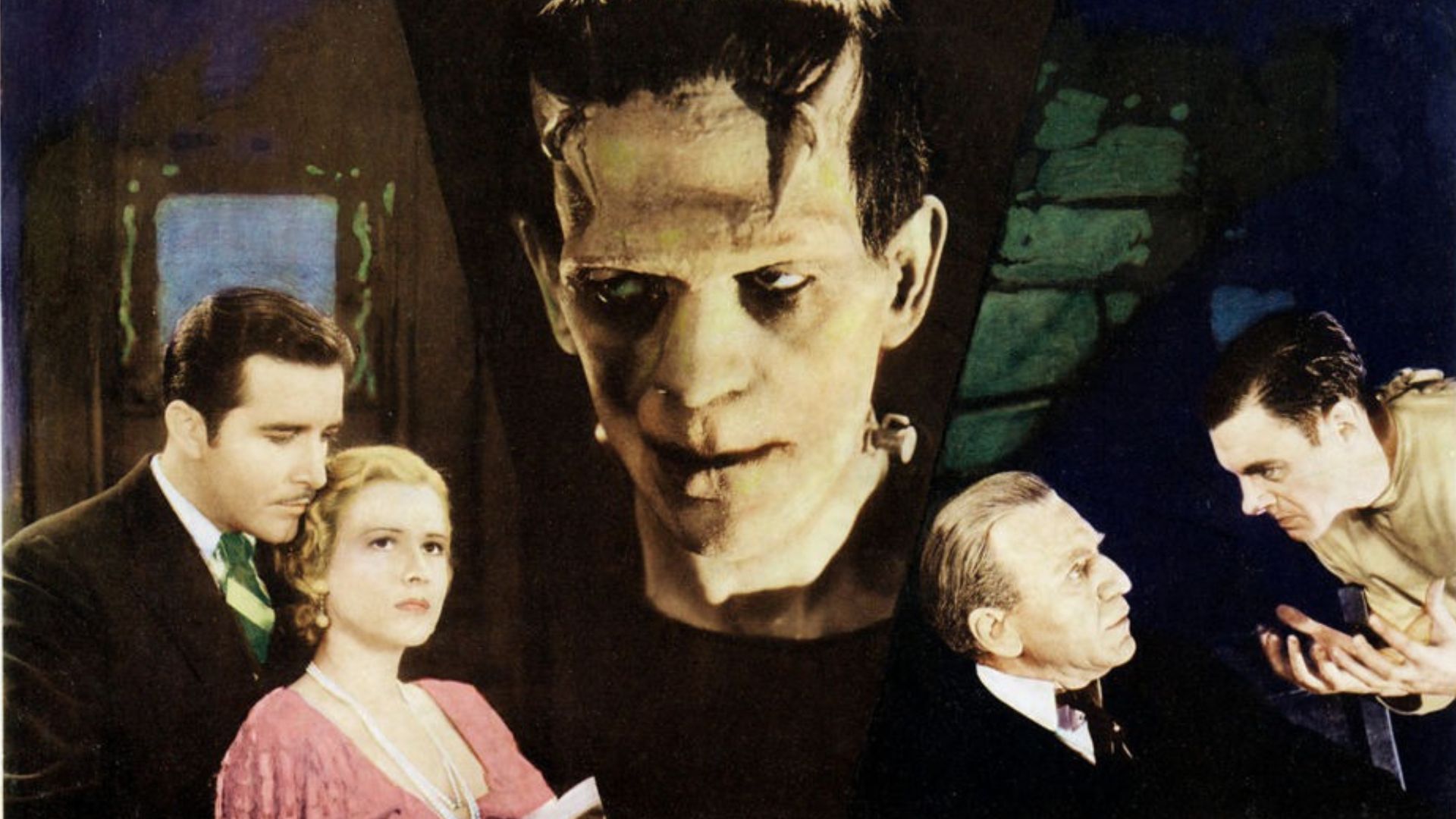
"He was soon borne away by the waves and lost in darkness and distance."
After the death of his maker, Frankenstein's Monster goes off to die, seemingly left without purpose or the ability to ever live in harmony with humans.
Heart of Darkness, Joseph Conrad
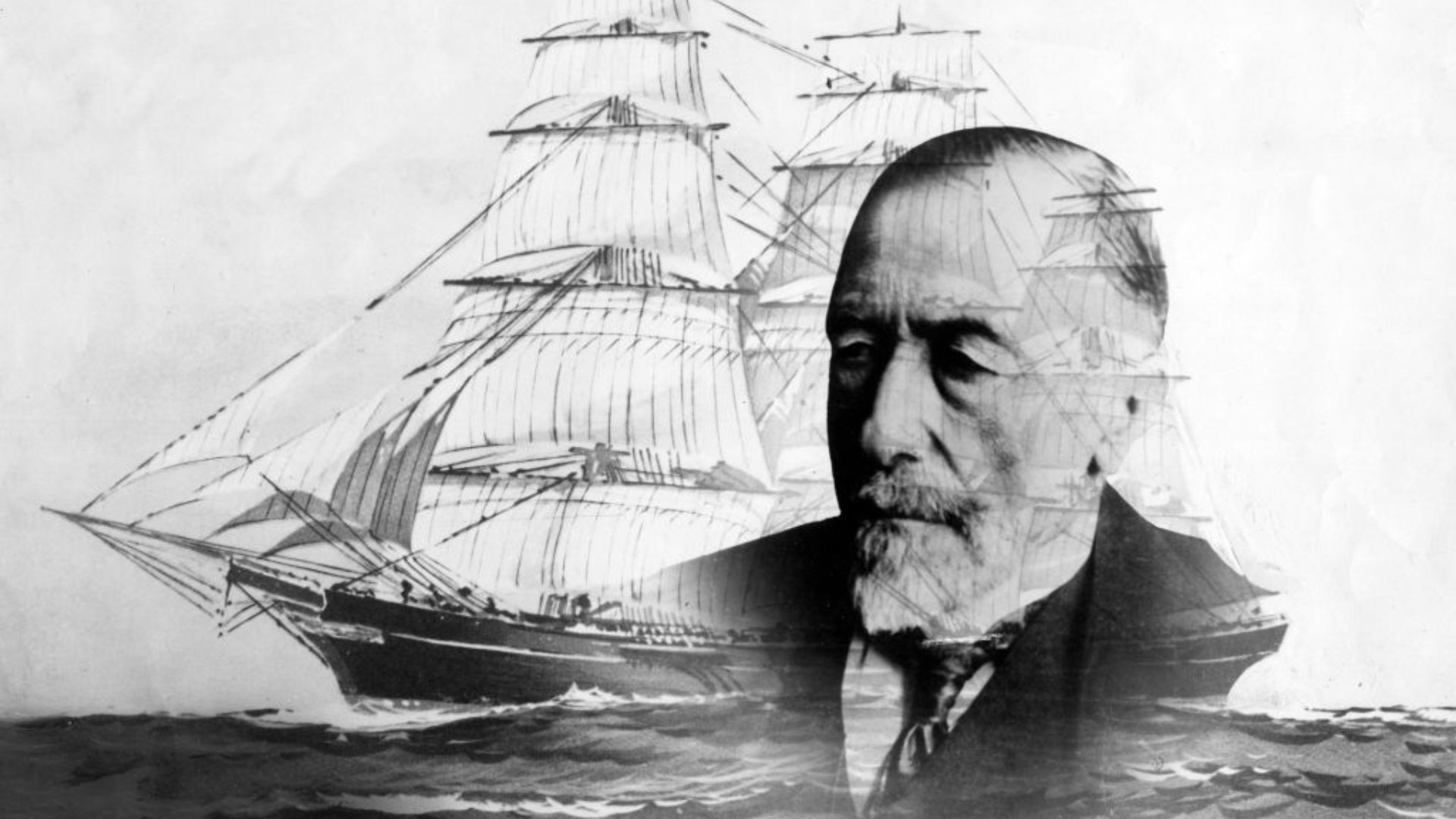
"The offing was barred by a black bank of clouds, and the tranquil waterway leading to the uttermost ends of the earth flowed sombre under an overcast sky – seemed to lead into the heart of an immense darkness."
A melancholic and visceral ending to Conrad's controversial classic.
Goodbye to Berlin, Christopher Isherwood
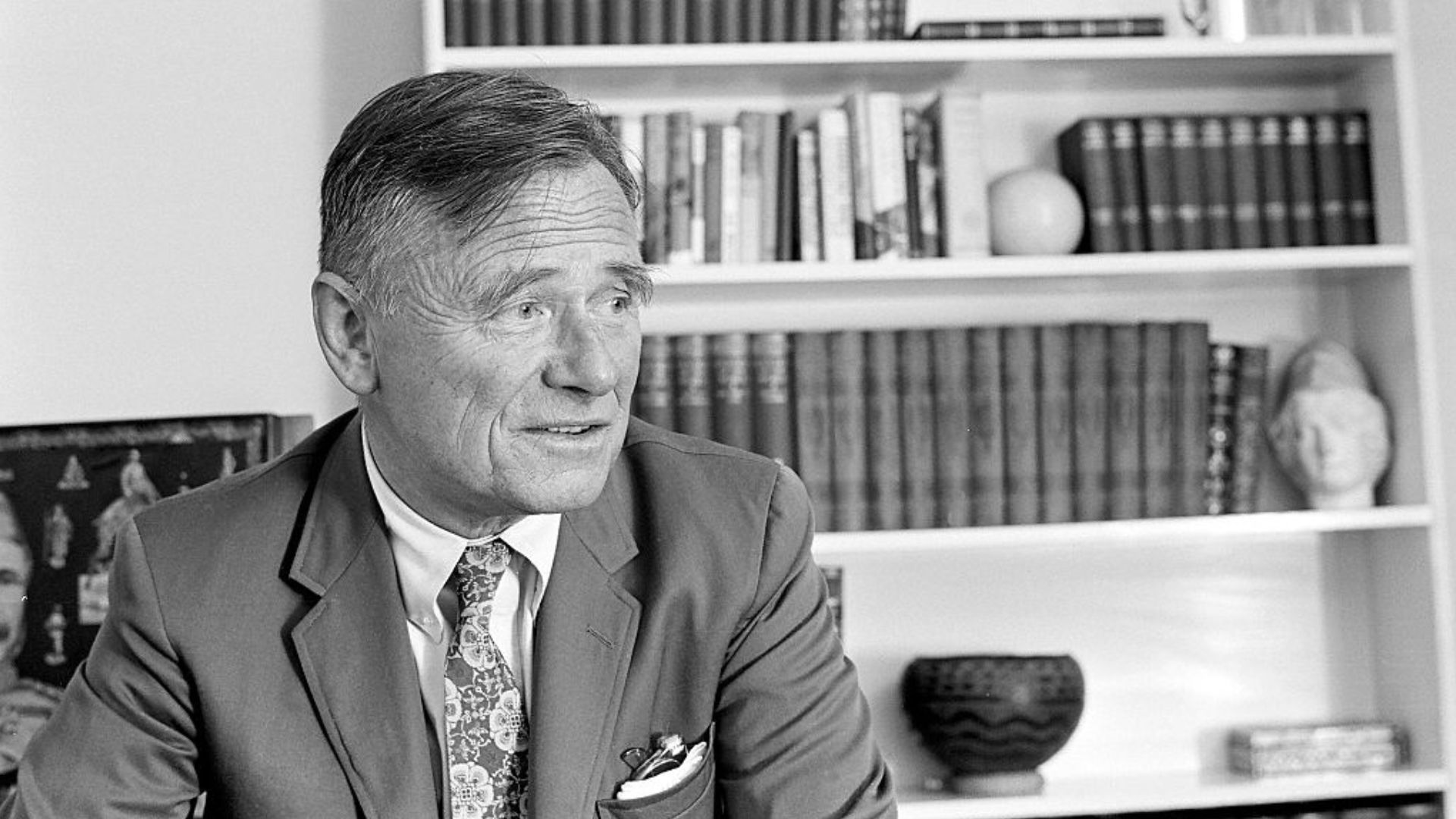
"Even now I can’t altogether believe that any of this has really happened."
The concluding line of Isherwood's 1939 novel about life in Berlin between the years of 1929-1932 is a sombre goodbye to a city he no longer recognises.
Catch-22, Joseph Heller
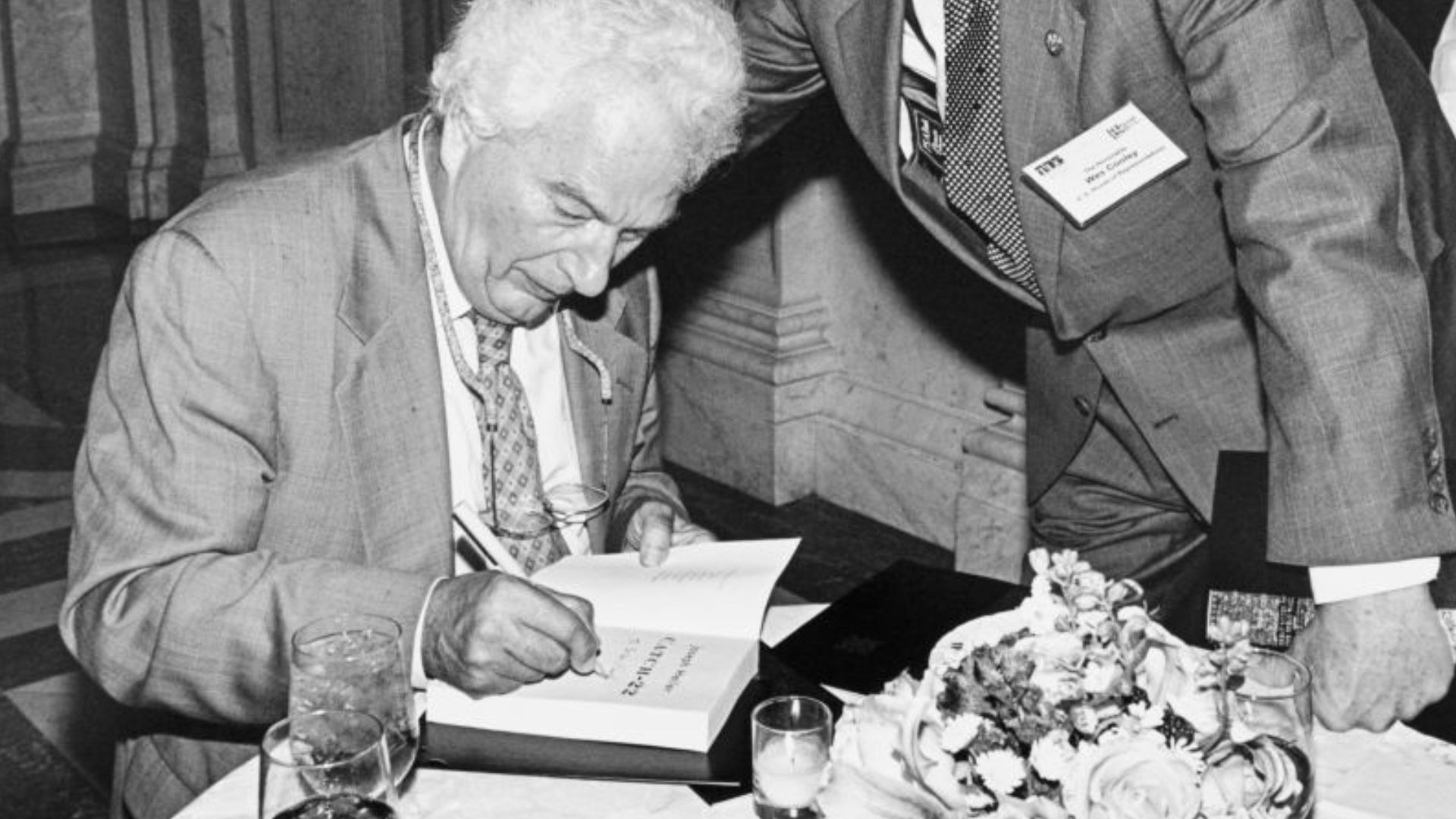
"The knife came down, missing him by inches, and he took off."
The term 'Catch-22' originated in Joseph Heller's 1961 novel of the same name, which satirises the absurdity of war and bureaucratic processes.
The Unnamable, Samuel Beckett
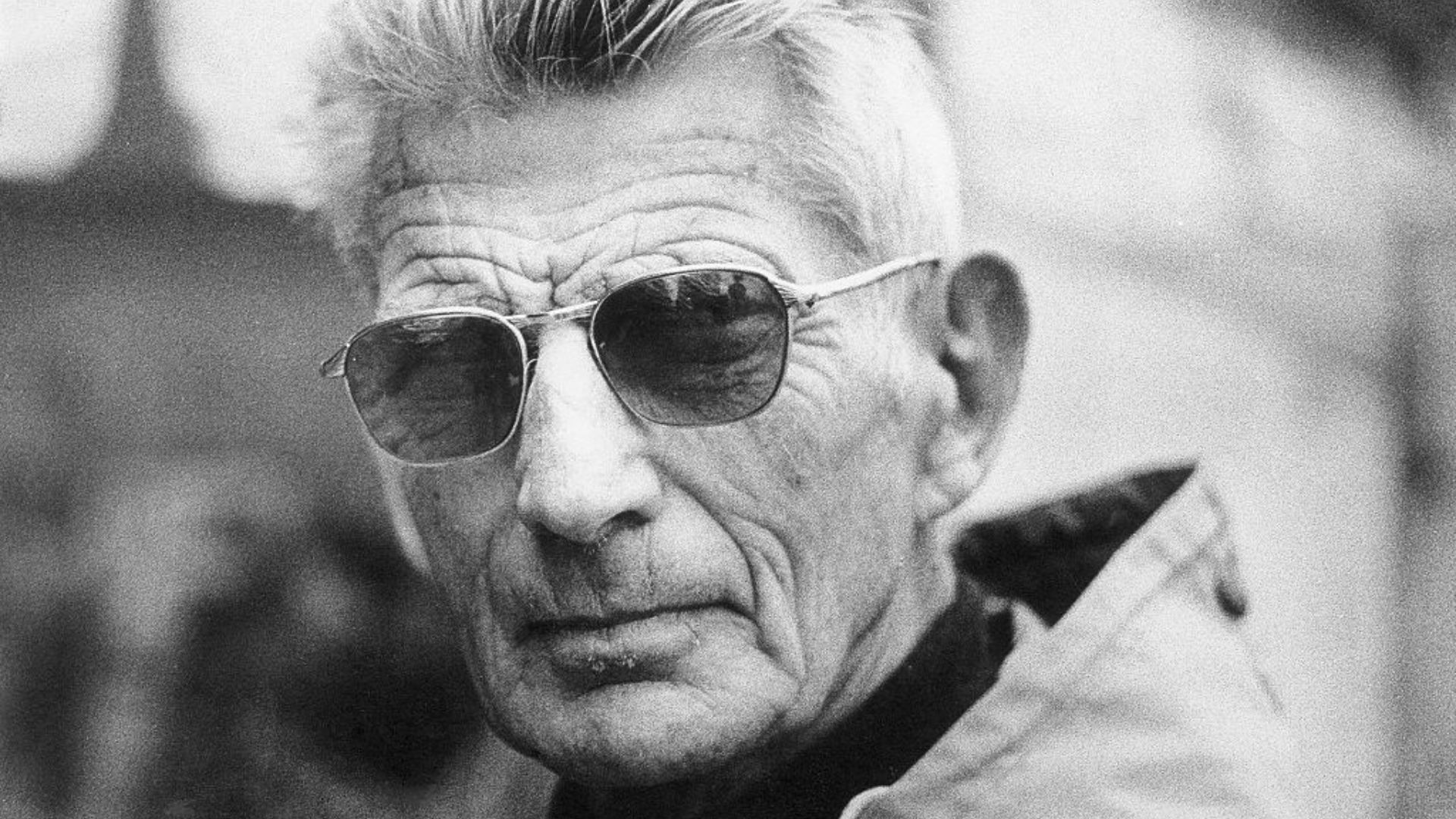
"…you must go on, I can’t go on, I’ll go on."
A phrase that's probably resonated with most of us at some point, this quote from Samuel Beckett is probably one of his best-known. It appeared at the end of his 1953 novel, L'Innommable (The Unnamable).
Crime and Punishment, Fyodor Dostoyevsky
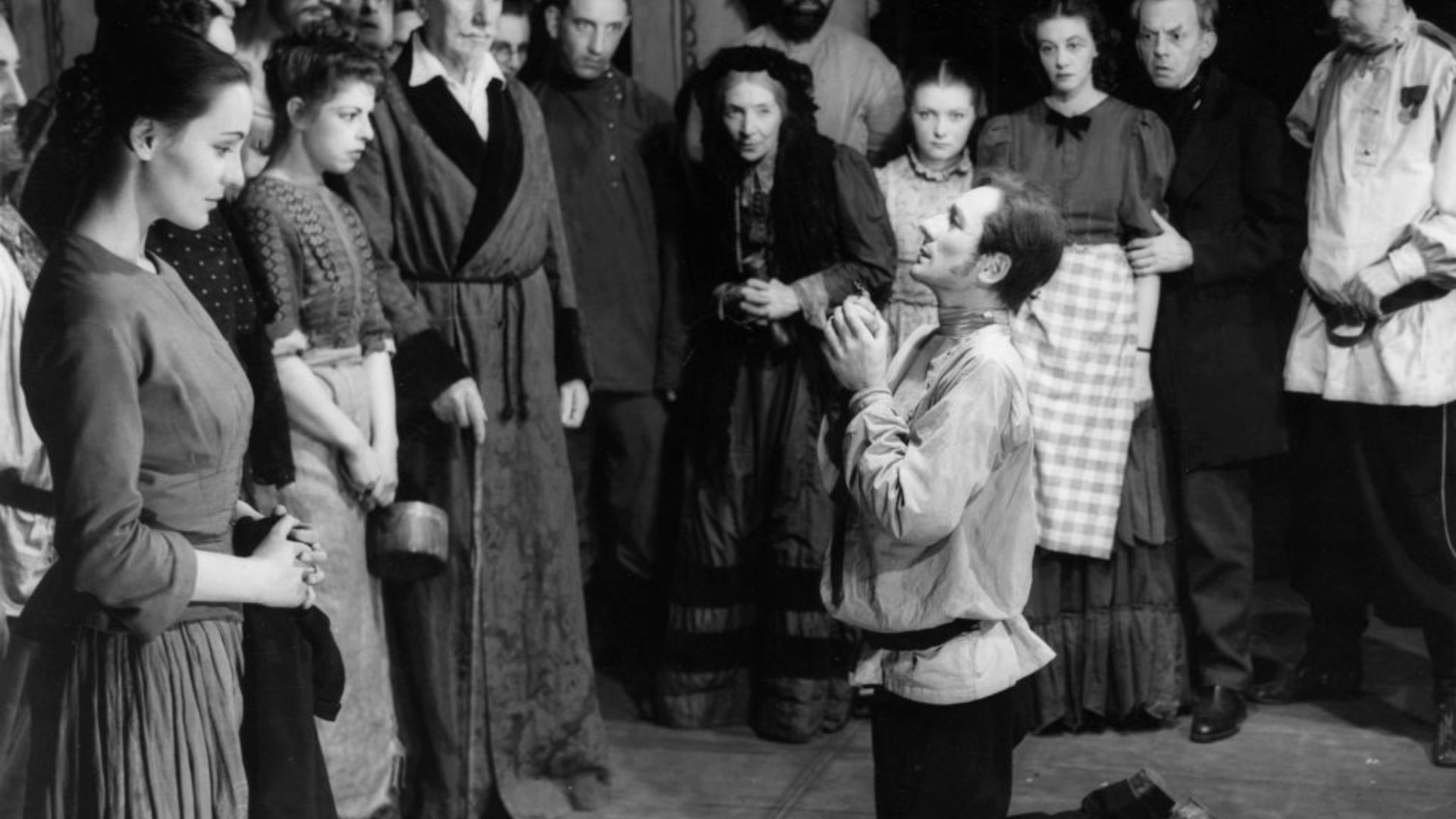
"But that is the beginning of a new story - the story of the gradual renewal of a man, the story of his gradual regeneration, of his passing from one world into another, of his initiation into a new unknown life. That might be the subject of a new story, but our present story is ended."
And so ends Dostoyevsky's 1866 novel, originally published in 12 instalments in the literary journal, The Russian Messenger. A message of hope and redemption, after death and punishment.
Harry Potter and the Deathly Hallows, JK Rowling
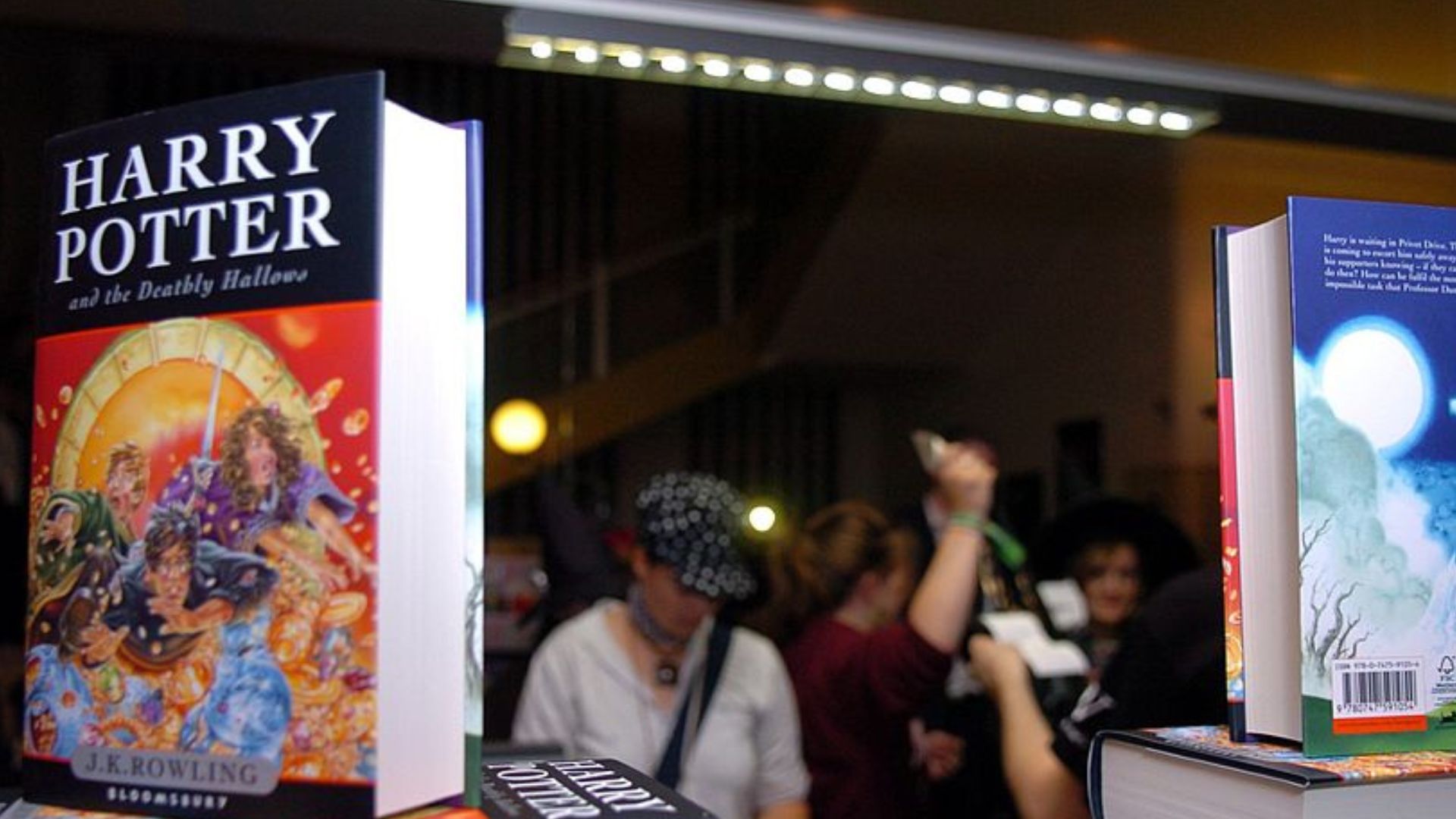
"The scar had not pained Harry for 19 years. All was well."
The final line of the Harry Potter series marks the end of an era (and seemingly a more quiet life for the famous wizard).
To Kill a Mockingbird, Harper Lee
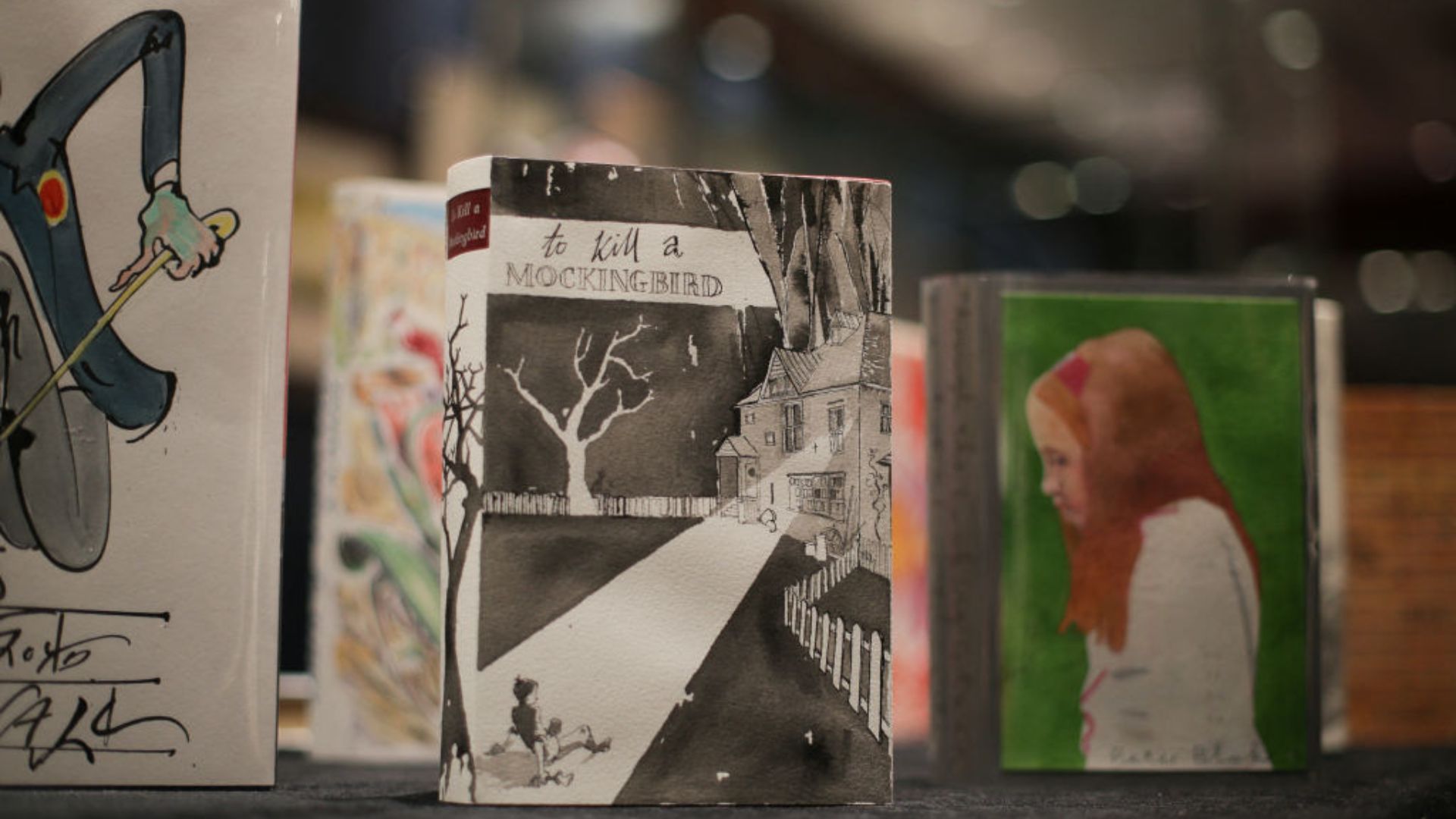
"He turned out the light and went into Jem’s room. He would be there all night, and he would be there when Jem waked up in the morning."
A reflective and understated ending, Lee's seminal 1960 novel ends with Atticus reading Scout a story before retreating to Jem's room to watch over her during the night.
Romeo and Juliet, William Shakespeare
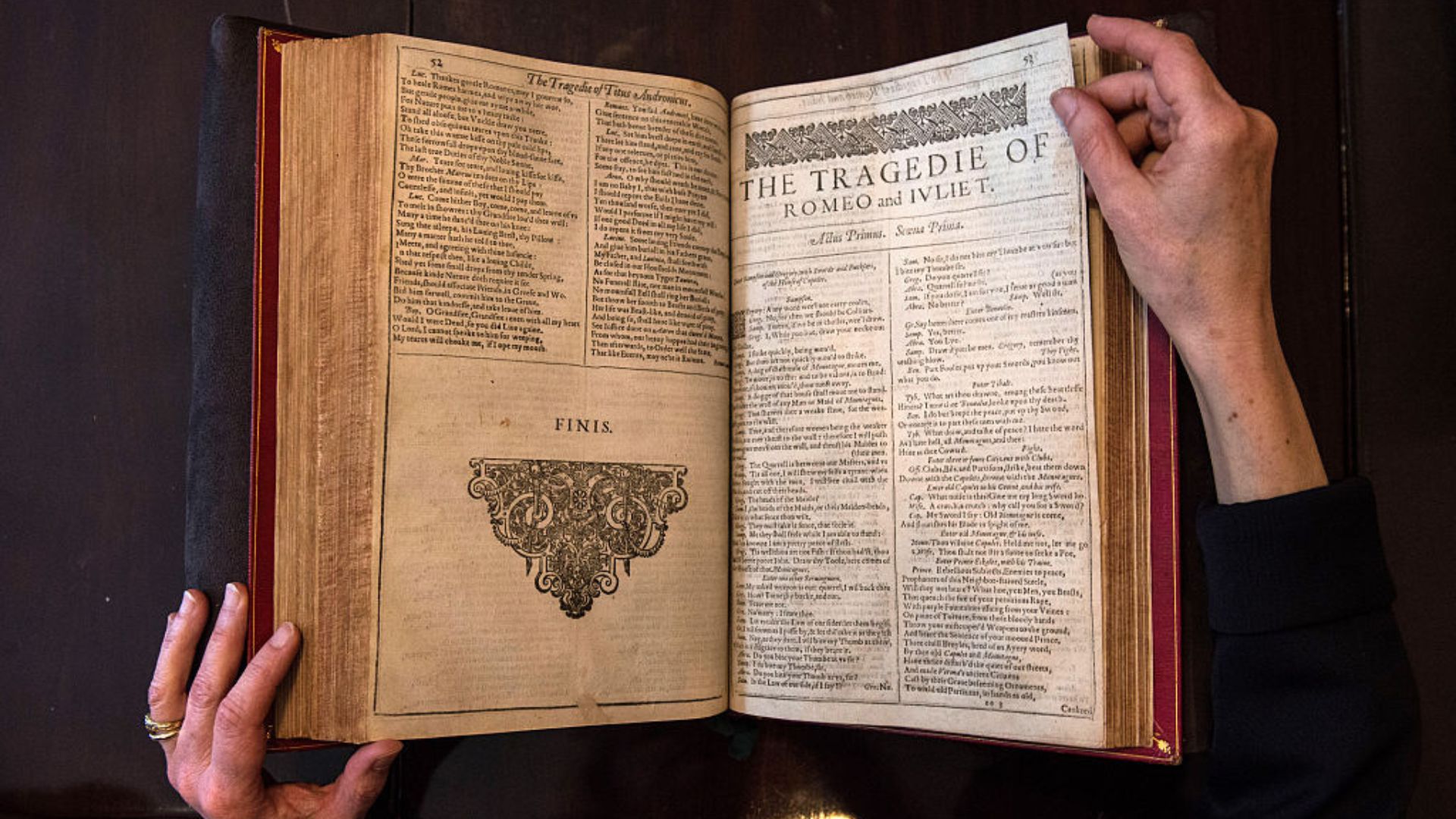
"For never was a story of more woe / Than this of Juliet and her Romeo."
Shakespeare's 1597 tragedy ends with a rhyming couplet that succinctly summarises the entire play.
The Devil Wears Prada, Lauren Weisberger
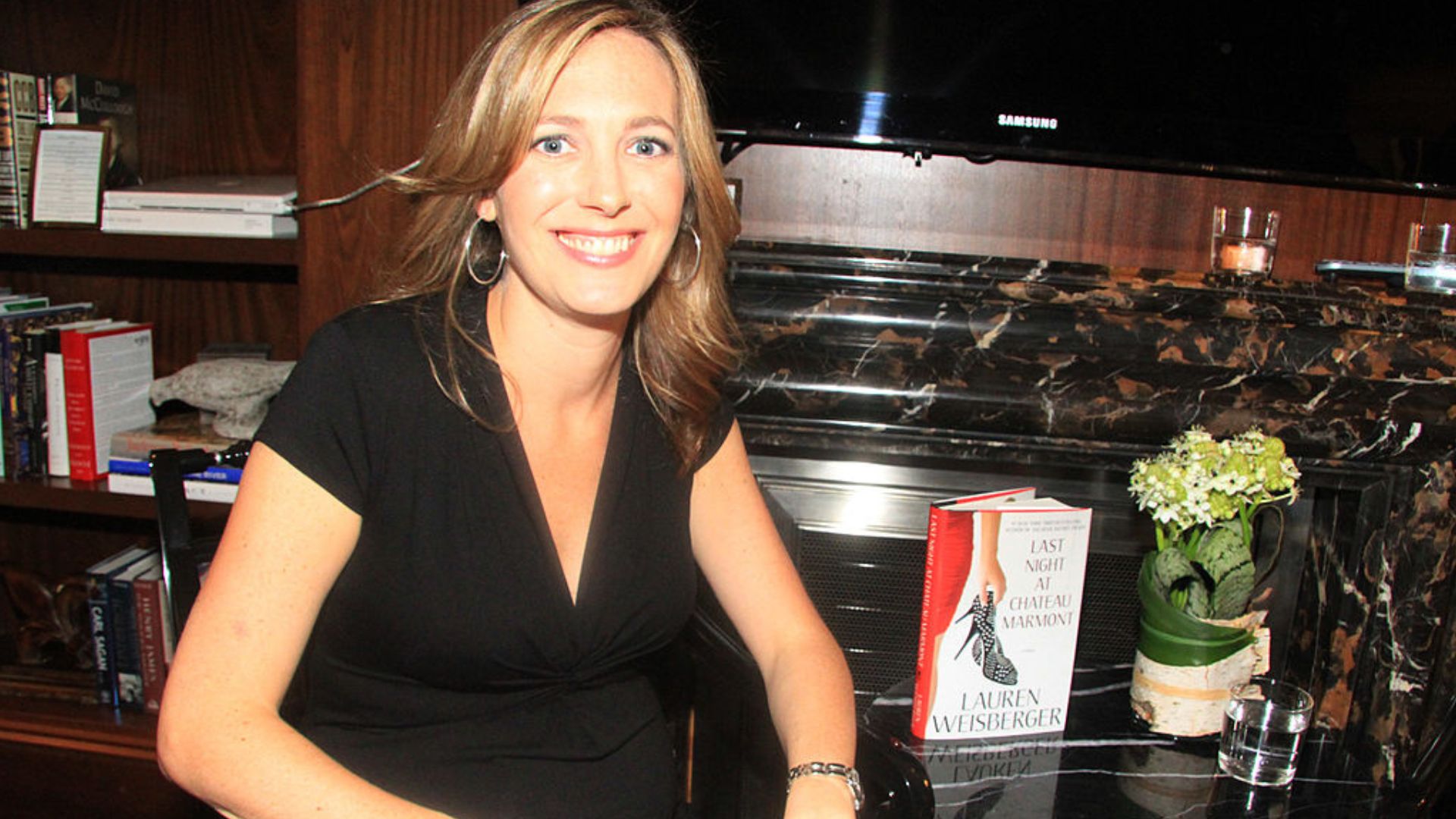
"And then, while the pretty brunette girl finished singing her verse, he buzzed me through like I was someone who mattered."
The Devil Wears Prada ends in a full-circle moment for protagonist Andrea who re-enters the office building, not as a burnt-out and mistreated intern, but to interview for a new role in another magazine.
Lolita, Vladimir Nabokov
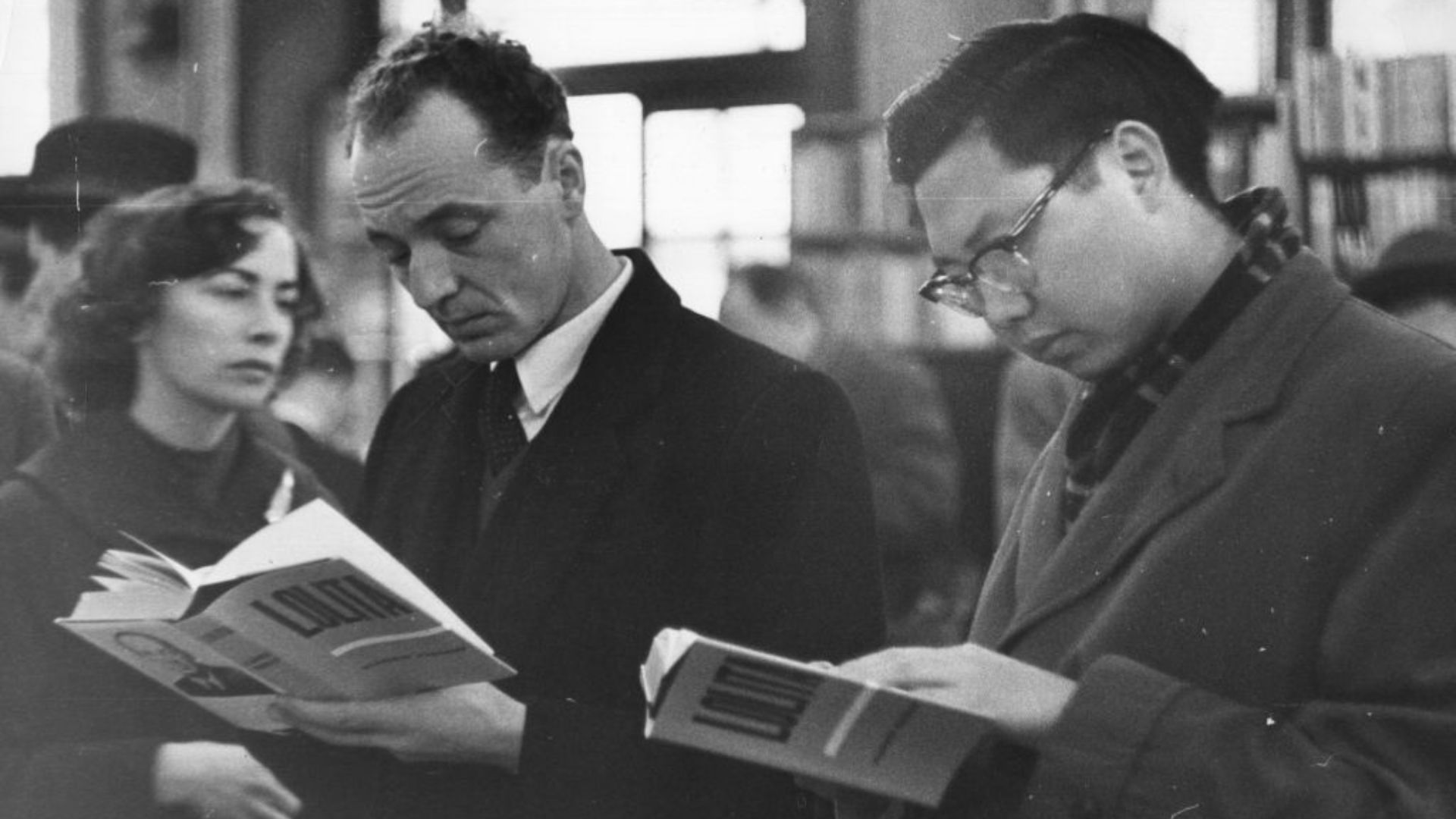
"I am thinking of aurochs and angels, the secret of durable pigments, prophetic sonnets, the refuge of art. And this is the only immortality you and I may share, my Lolita."
To the uninitiated, the closing lines of Nabokov's controversial novel Lolita might seem romantic - until you learn that the object of the protagonist's desire is a child.
The House At Pooh Corner, A.A. Milne
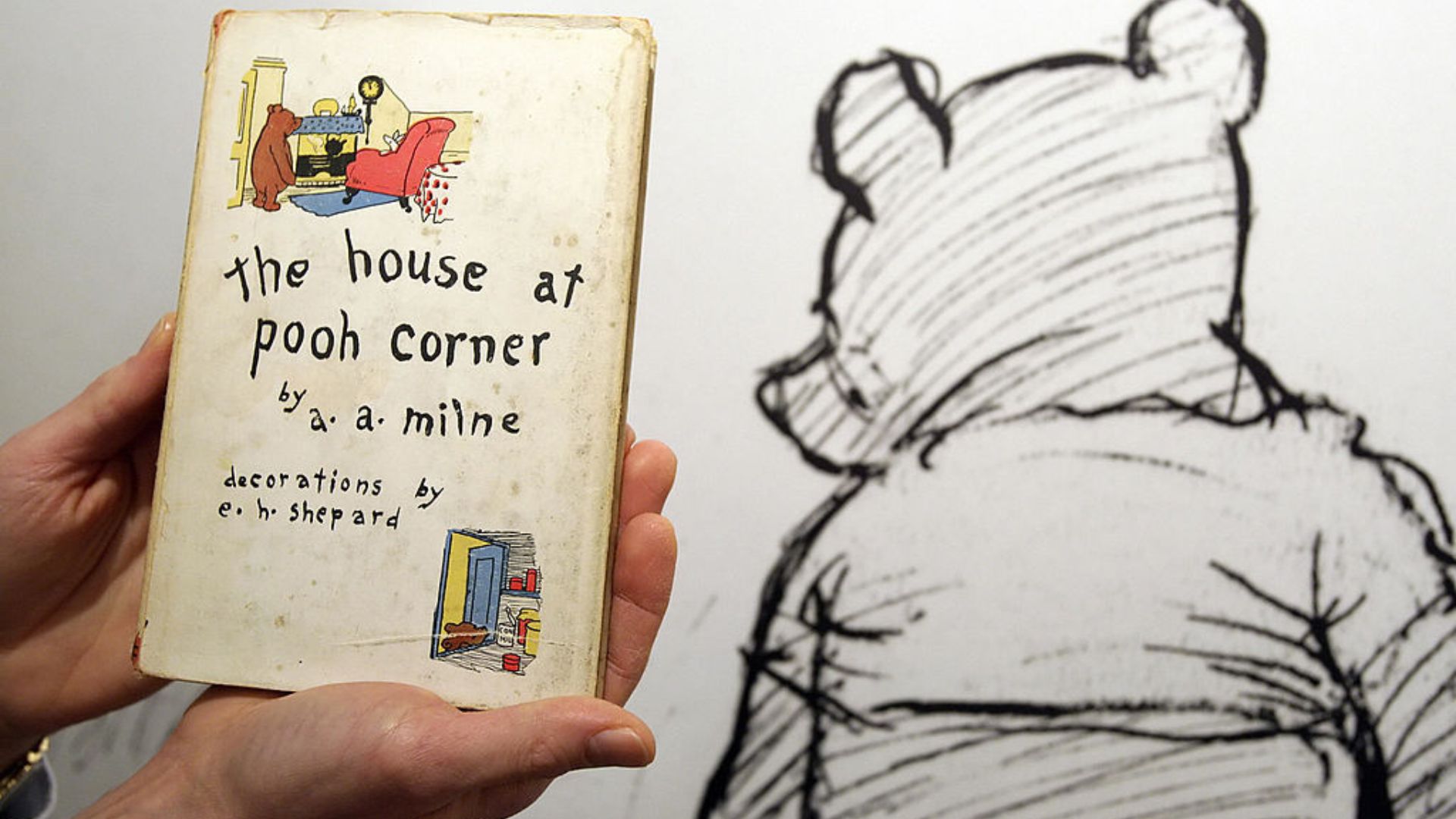
"But wherever they go, and whatever happens to them on the way, in that enchanted place on the top of the Forest a little boy and his Bear will always be playing."
The adorable but quietly tragic ending of The House At Pooh Corner pulls at the heartstrings, showing the immortal ties of childhood friendships - but the need to move on and 'grow up'.
The End of the Affair, Graham Greene
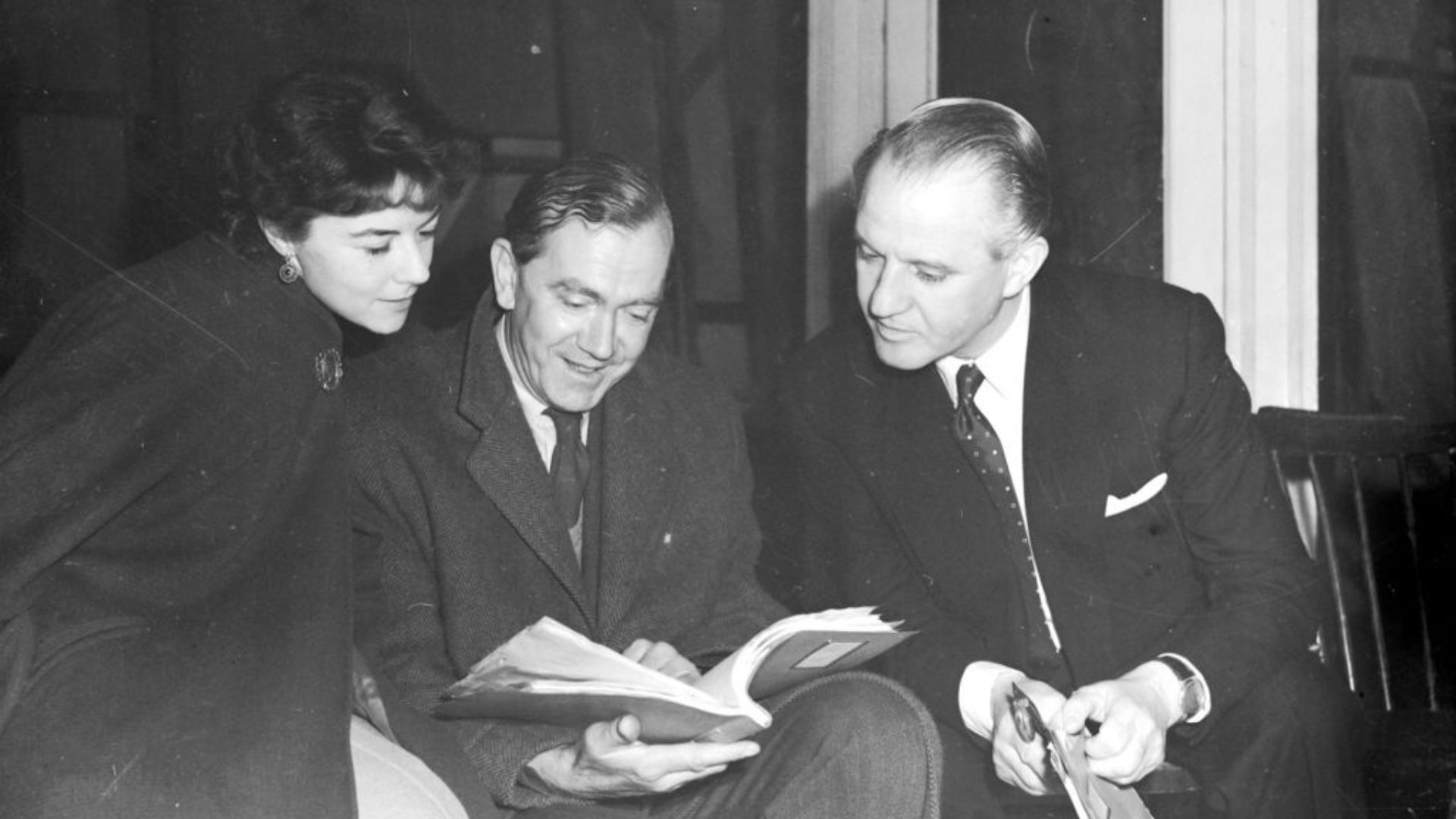
"I wrote at the start that this was a record of hate, and walking there beside Henry towards the evening glass of beer, I found the one prayer that seemed to serve the winter mood: O God, You've done enough, You've robbed me of enough, I'm too tired and old to learn to love, leave me alone forever."
An unflinching portrayal of the aftermath and consequences of an affair, by the end of the book, protagonist Bendrix seeks nothing but solitude.
Little Women, Louisa May Alcott
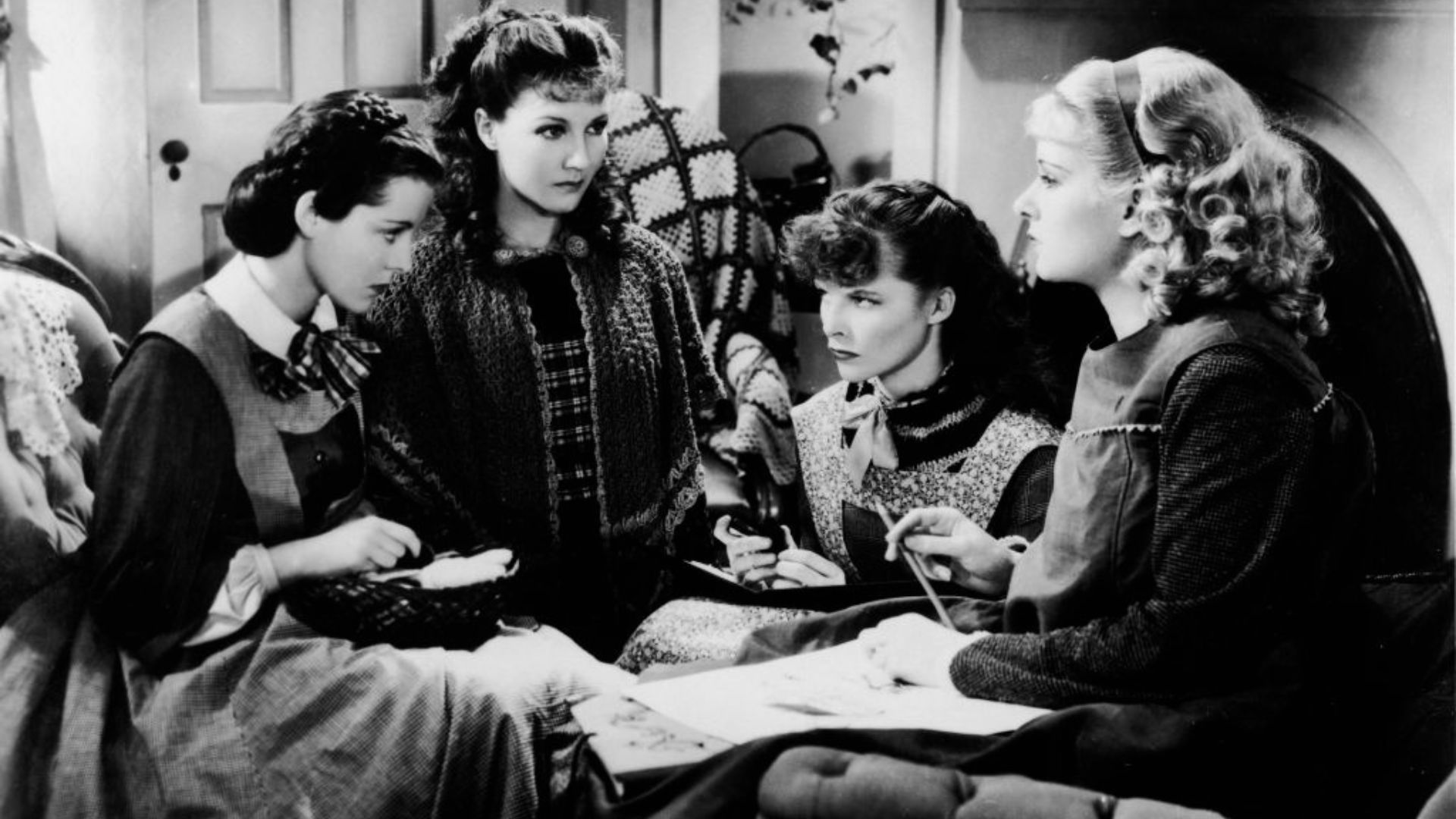
"Oh, my girls, however long you may live, I never can wish you a greater happiness than this."
A satisfying closing line to a wholesome classic, Little Women ends with the March sisters all pursuing different paths in life.
Life of Pi, Yann Martel
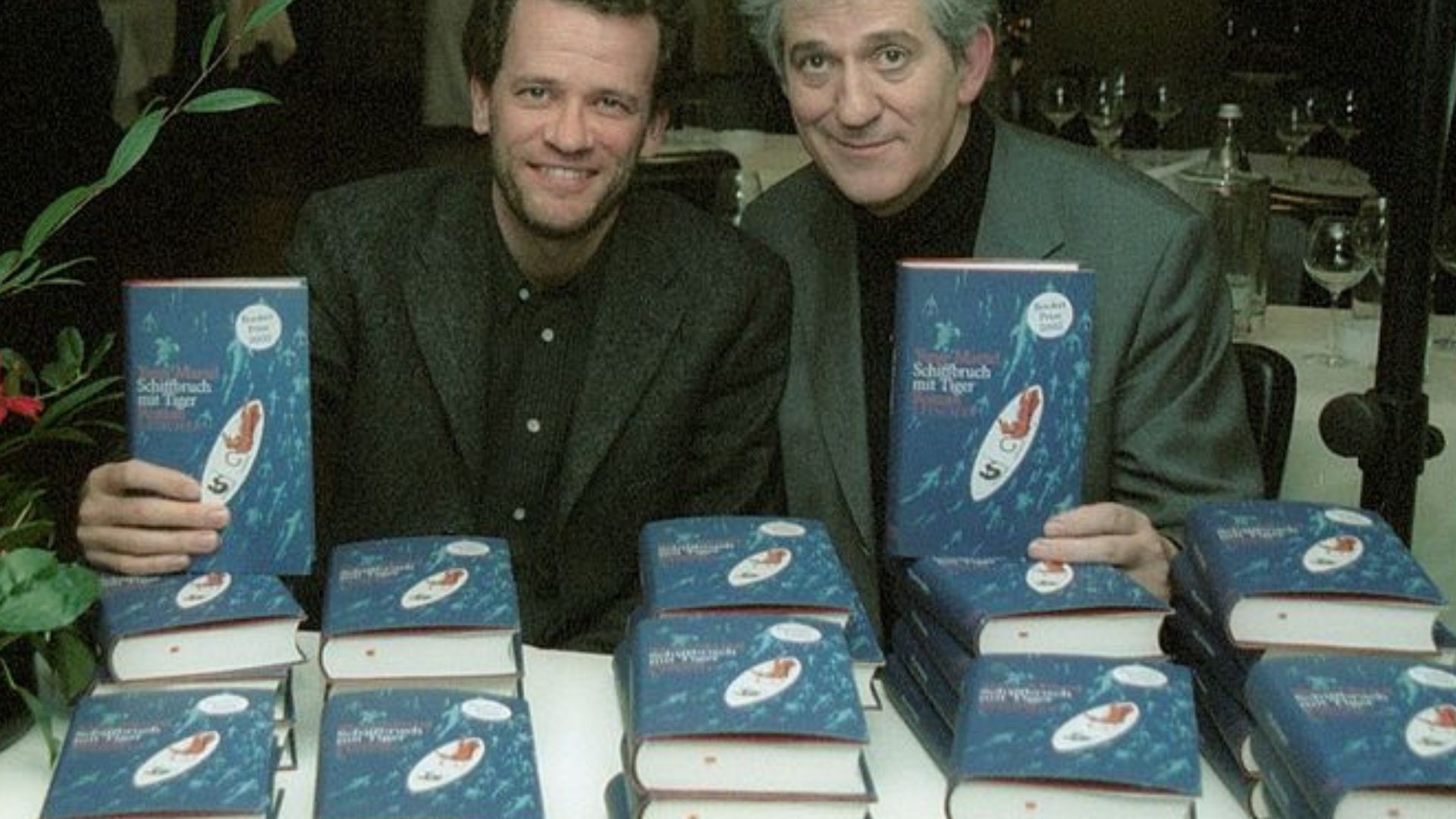
"Very few castaways can claim to have survived so long at sea as Mr. Patel, and none in the company of an adult Bengal tiger."
In narrative terms, the overall ending of Life of Pi may be a little ambiguous but this succinct final line sums up the book perfectly.
Don DeLillo, The Names
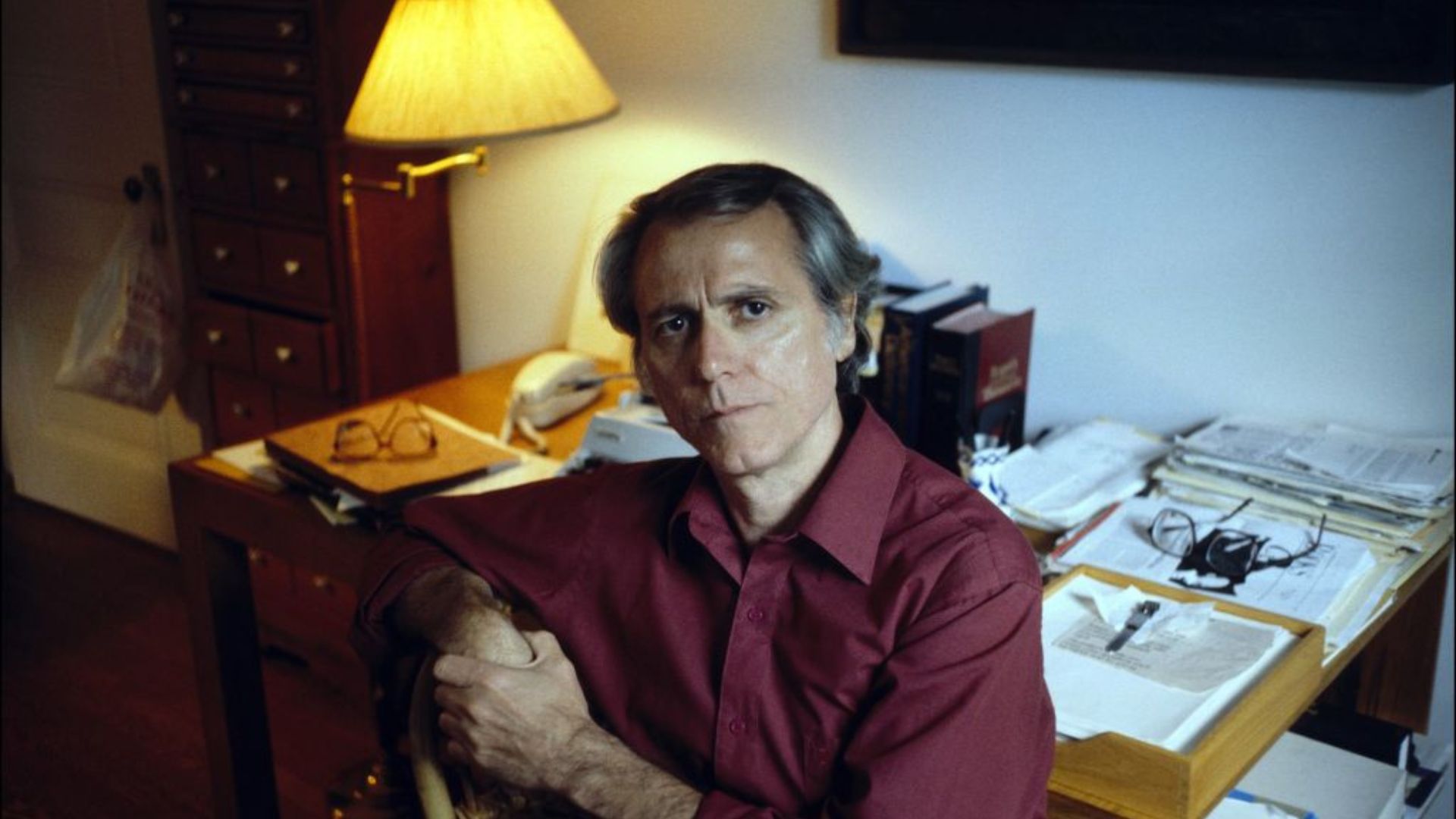
"It was the nightmare of real things, the fallen wonder of the world."
Regarded as one of Don DeLillo's most important novels, The Names ends with a thought-provoking line that packs a punch even without reading it in the context of the book, which is primarily a series of character studies through the lens of a group of American expats living in Athens.
The Handmaid’s Tale, Margaret Atwood

"Are there any questions?"
Most readers will be screaming "YES!" after reading Margaret Atwood's 1985 novel, The Handmaid’s Tale. Seemingly hinting at the ambiguity of the ending of the book, readers are only left to imagine the fate that awaits Offred.
Brokeback Mountain, Annie Proulx
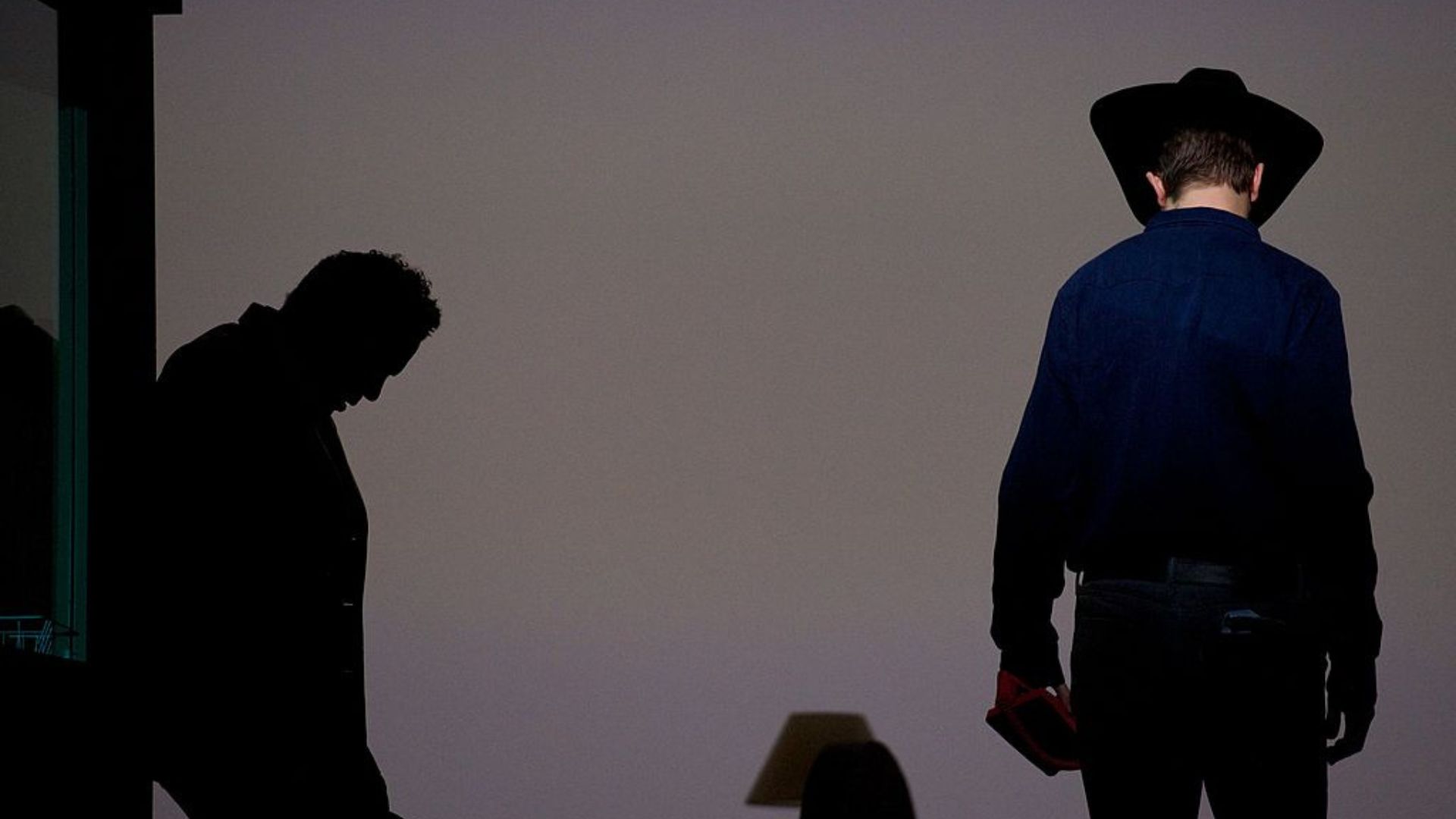
"There was some open space between what he knew and what he tried to believe, but nothing could be done about it, and if you can't fix it, you've got to stand it."
Most people can probably relate (on some scale) to the 'open space' that Proulx depicts in this poignant closing passage. Stoic main character Ennis knows there's no way to change the choices he's made, so his only path is to accept them.
All Quiet on the Western Front, Erich Maria Remarque

"He fell in October 1918, on a day that was so quiet and still on the whole front, that the army report confined itself to the single sentence: All quiet on the Western Front. He had fallen forward and lay on the earth as though sleeping. Turning him over one saw that he could not have suffered long; his face had an expression of calm, as though almost glad the end had come."
The sombre ending of All Quiet on the Western Front switches to the third person as readers are told of protagonist Paul's passing. The fact that he died on a 'quiet' day just before the war ended makes this closing passage all the more tragic, highlighting the futility of war, stripping any notions of glory.
Wuthering Heights, Emily Bronte
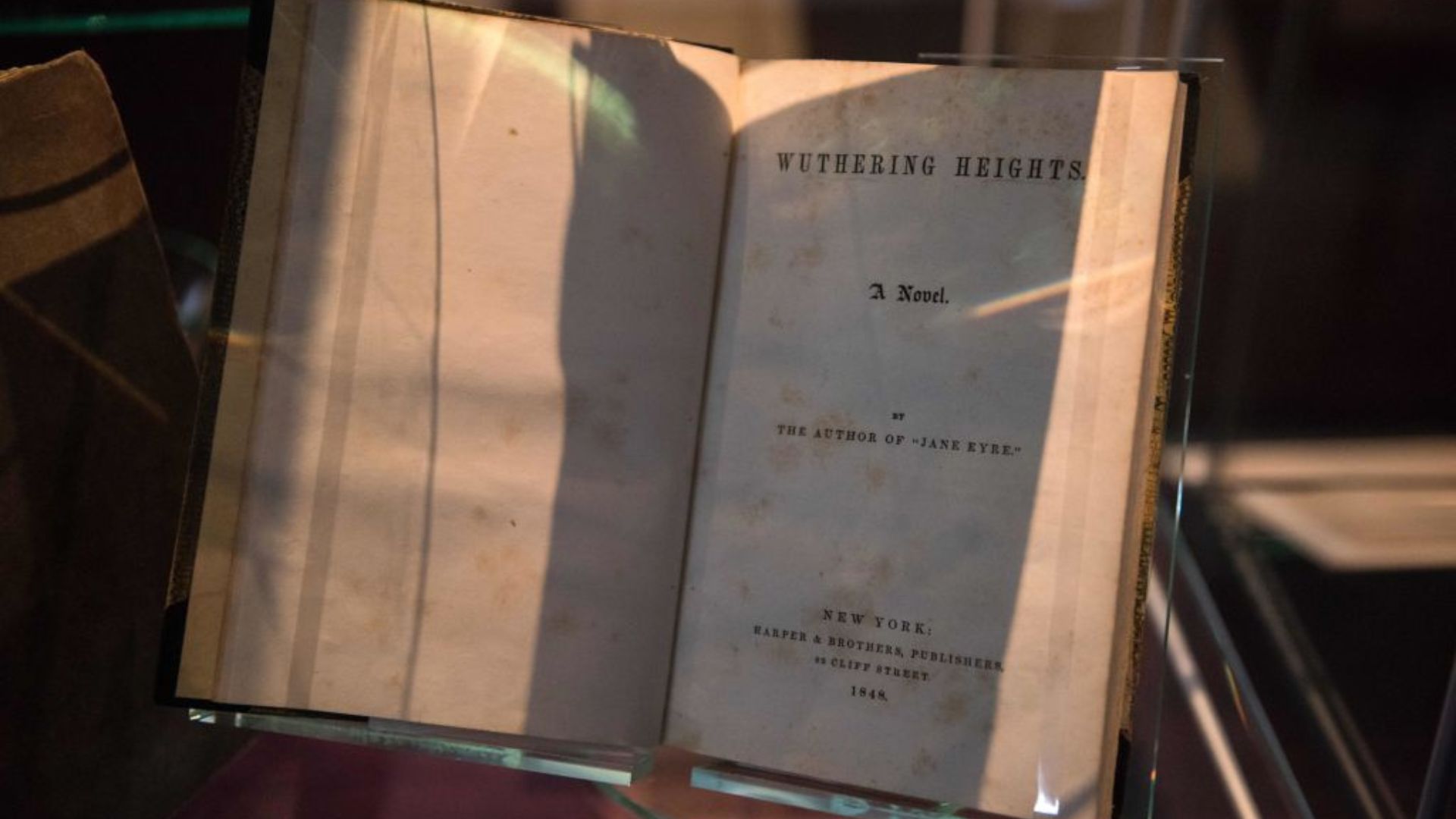
"I lingered round them, under that benign sky; watched the moths fluttering among the heath, and hare-bells; listened to the soft wind breathing through the grass; and wondered how anyone could ever imagine unquiet slumbers, for the sleepers in that quiet earth."
Did Catherine and Heathcliff ever get a happily ever after? Not in life, but the final lines of Wuthering Heights imply there could be some hope for them in death.
Ulysses, James Joyce
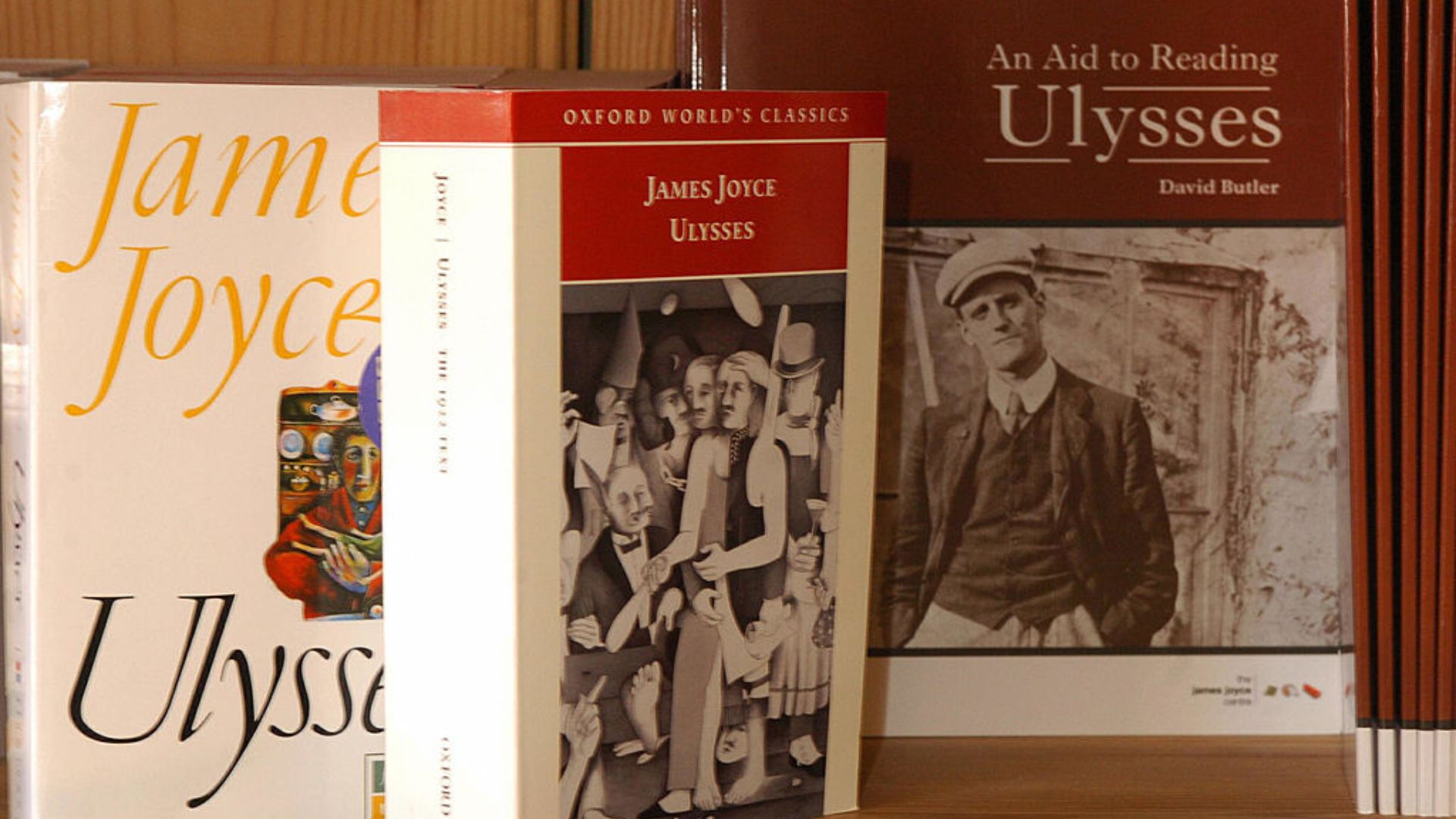
"I was a Flower of the mountain yes when I put the rose in my hair like the Andalusian girls used or shall I wear a red yes and how he kissed me under the Moorish wall and I thought well as well him as another and then I asked him with my eyes to ask again yes and then he asked me would I yes to say yes my mountain flower and first I put my arms around him yes and drew him down to me so he could feel my breasts all perfume yes and his heart was going like mad and yes I said yes I will Yes."
And so concludes the 4,000-word final sentence of Ulysses, James Joyce's 1920 modernist novel, often celebrated as being one of the best English language books ever written - and also one of the hardest to read.
For obvious reasons, we've only shared the last section of said sentence...

Anna is an editor and journalist with over a decade of experience in digital content production, ranging from working in busy newsrooms and advertising agencies to fashion houses and luxury drinks brands. Now a freelance writer and editor, Anna covers everything lifestyle, from fashion and skincare to mental health and the best cocktails (and where to drink them).
Originally from Glasgow, Anna has lived in Berlin, Barcelona, and London, with stints in Guernsey and Athens. Her love of travel influences her work, whether she’s stocking up on the best skincare at French pharmacies, taking notes on local street style, or learning to cook regional cuisines. A certified cinephile, when she's not travelling the world, you'll find her hiding away from it at her local cinema.
-
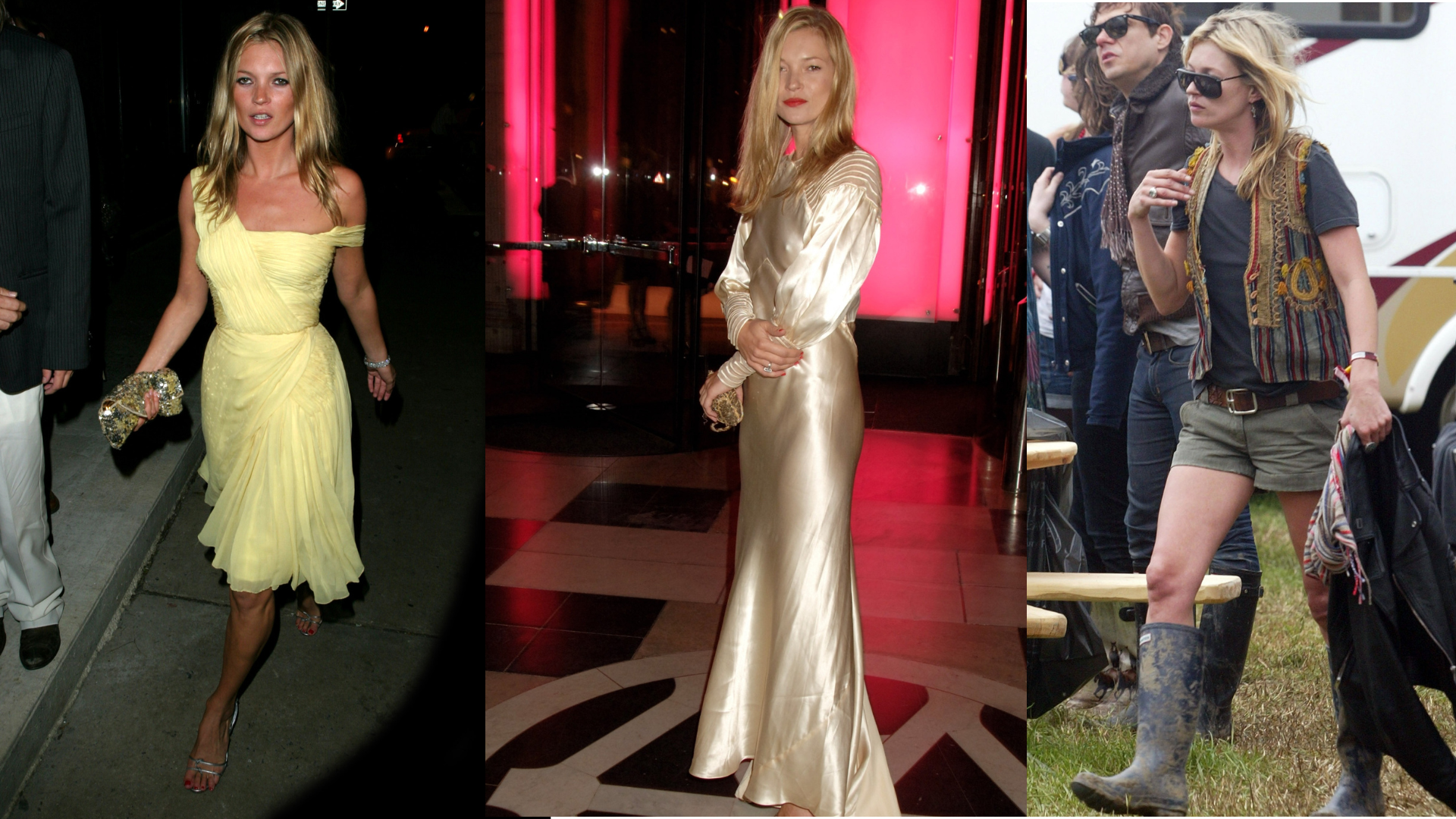 Kate Moss's best looks, from 90s slip dresses to leopard print staples
Kate Moss's best looks, from 90s slip dresses to leopard print staplesEffortless and stylish, our favourite supermodel has an iconic style that can easily be recreated
By Kathryn Lewsey
-
 Helen Skelton's layered look is giving me plenty of country chic style inspiration this Earth Day
Helen Skelton's layered look is giving me plenty of country chic style inspiration this Earth DayShe paired a mocha-coloured jumper with a blue shirt and a pair of wellies by Kate Middleton's favourite brand
By Caroline Parr
-
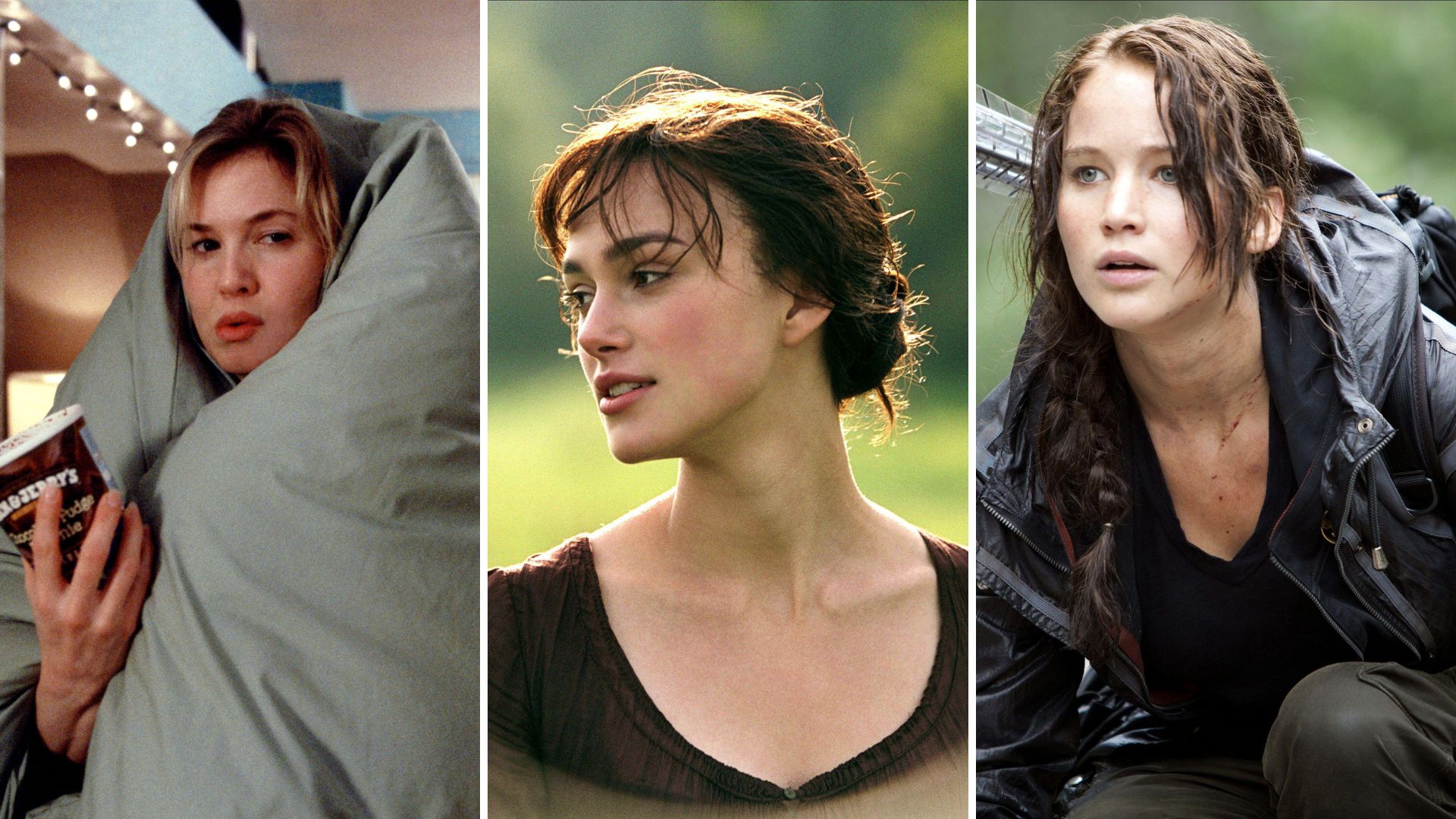 From feminist trailblazers to relatable icons, these are our favourite fictional women
From feminist trailblazers to relatable icons, these are our favourite fictional womenWhether it's Jane Austen's early trailblazers or modern heroines, these women prove why girls really do run the world
By Jack Slater
-
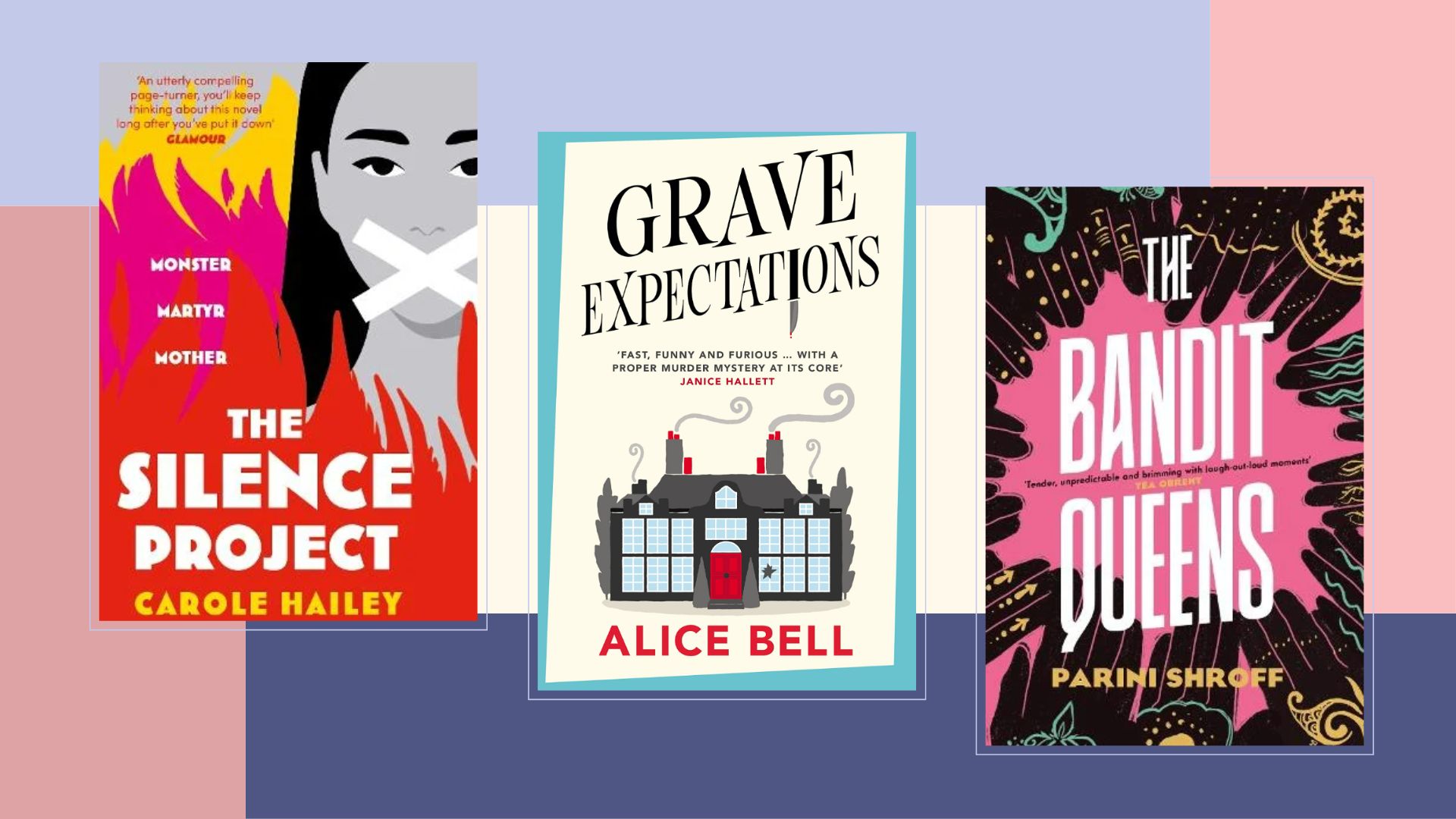 9 best Zoe Ball book recommendations from her Radio 2 book club for summer 2023
9 best Zoe Ball book recommendations from her Radio 2 book club for summer 2023The best Zoe Ball book recommendations from Radio 2's book club to get stuck into this summer
By Hannah Holway
